There are many ways to fight the cold French winter. There are coats, gloves, soups, central heating…. and parties! Christmas is the first opportunity to warm the soul. However, the latter celebration centres on Christian traditions, family, food and presents. New Year’s Eve, also called “Réveillon de la Saint Sylvestre”, is another party. It has been popular since the end of the 19th century.
Watch our short video on the origins and traditions of New Year in France ⤵
New Year’s Eve: the Réveillon du Nouvel An
New Year’s Eve is usually celebrated with 10, 20, 30, 50 or even 100 friends, and sometimes even with strangers, at home or private functions. And even in public places, on the Champs-Elysées or under the Eiffel Tower.
After Christmas, everybody asks: “What are you doing for the Réveillon?” In fact, New Year’s Eve is rarely celebrated in the same place and with the same people twice in a row.
However different, the celebrations on the 31st of December have several common denominators: the first is the pleasure of partying!
The second common denominator is abundance—food, delicious dishes, and alcoholic beverages, especially champaign.
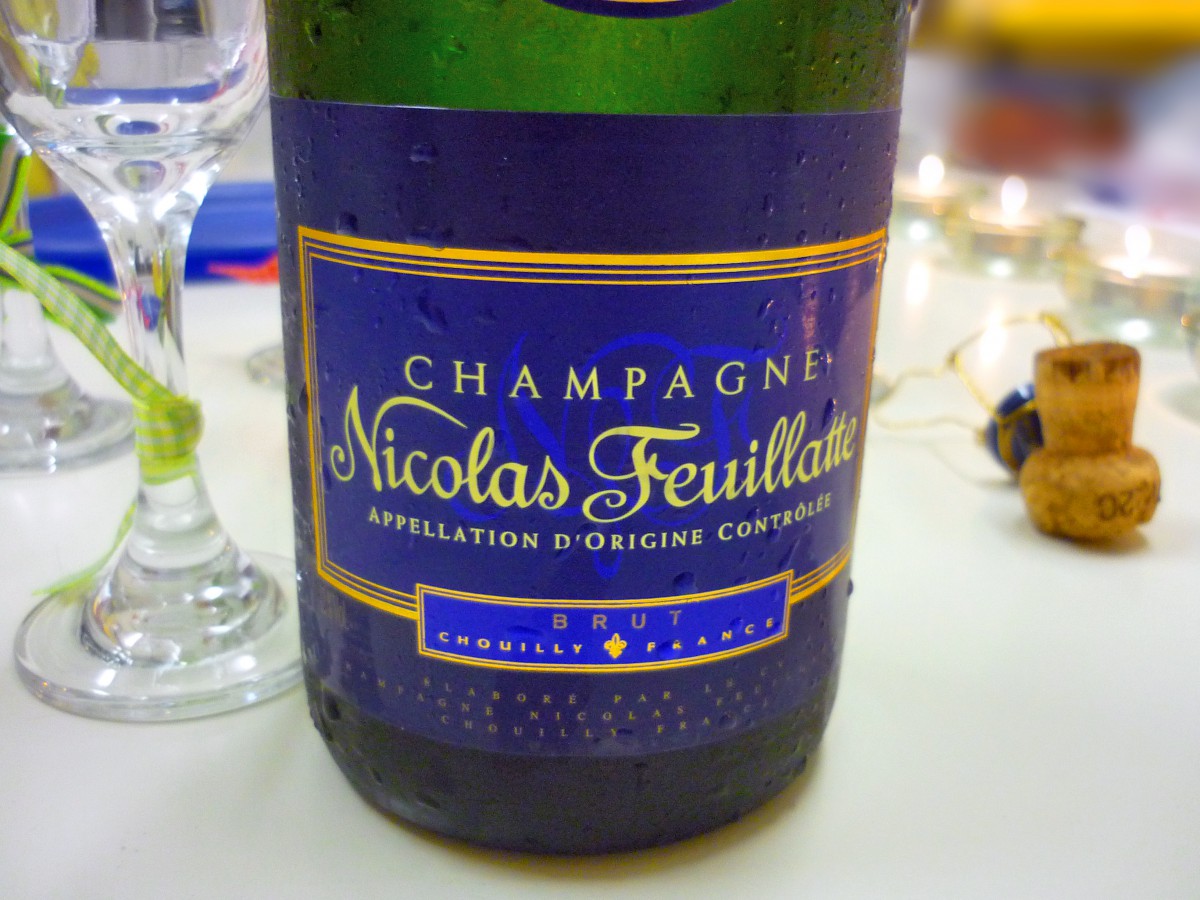
Local French patisseries produce a New Year log (bûche), similar to the French Christmas log.
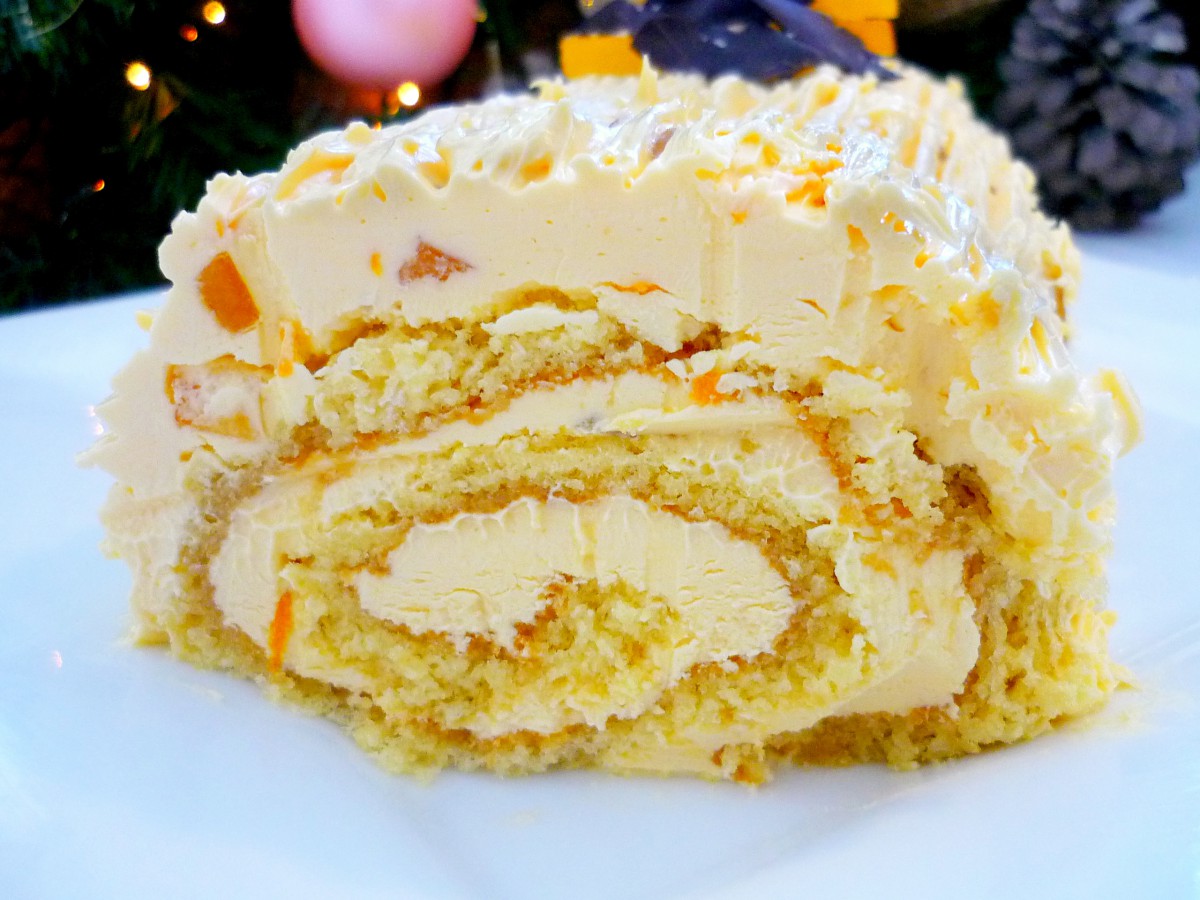
The Réveillon also implies music, usually with a good rhythm, since New Year’s Eve is a dance party!
Regarding decoration, a colourful atmosphere is usually preferred and can be enhanced with confetti and streamers. Tiny pointy hats are often given to guests. Some people prefer to celebrate New Year’s Eve in a quieter and more classy atmosphere. However, it does not exclude a bit of craziness and a few excesses.
The Party must go on…
The enthusiasm in the New Year’s Réveillon is usually expressed in the same specific ways. For example, people perform congas inside and outside. They kiss under the mistletoe, and after a countdown that leads to midnight, they wish each other a good year (“Bonne Année !”) while clinking glasses of champaign.
Some also try to call their friends and family members who are not partying with them, but the phone network is usually saturated around midnight.
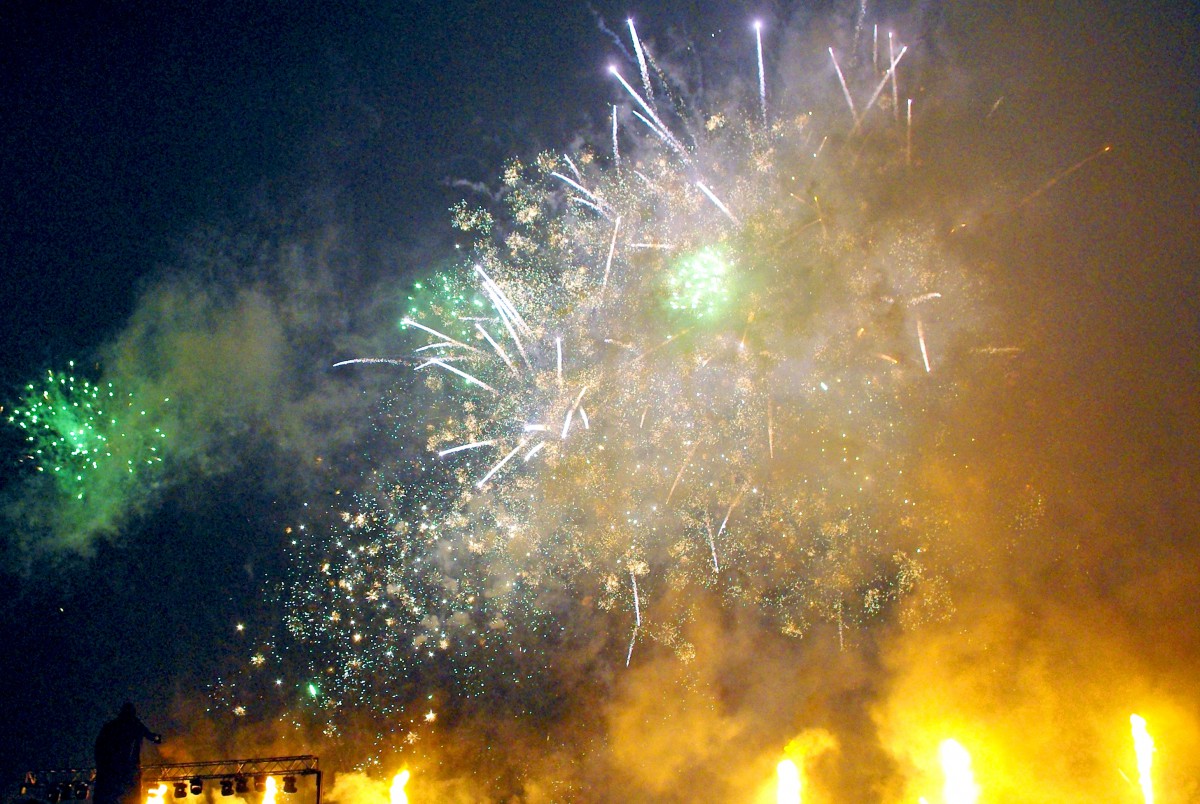
Make some noise!
Even though during the past years, the fireworks tradition ended in many cities (surprisingly, there are not any fireworks on the Eiffel Tower), the custom is to be as noisy as possible, using horns and firecrackers. This custom probably originates from an old belief. Noises scare away demons and evil spirits, which are more threatening during this night of transition between two years.
Good resolutions!
It is also at midnight that, in most cases, the guests announce good resolutions for the new year. Work more, work less, lose weight, travel, start painting… and reduce their alcohol consumption after the hangover of the 1st of January.
The presidential wishes
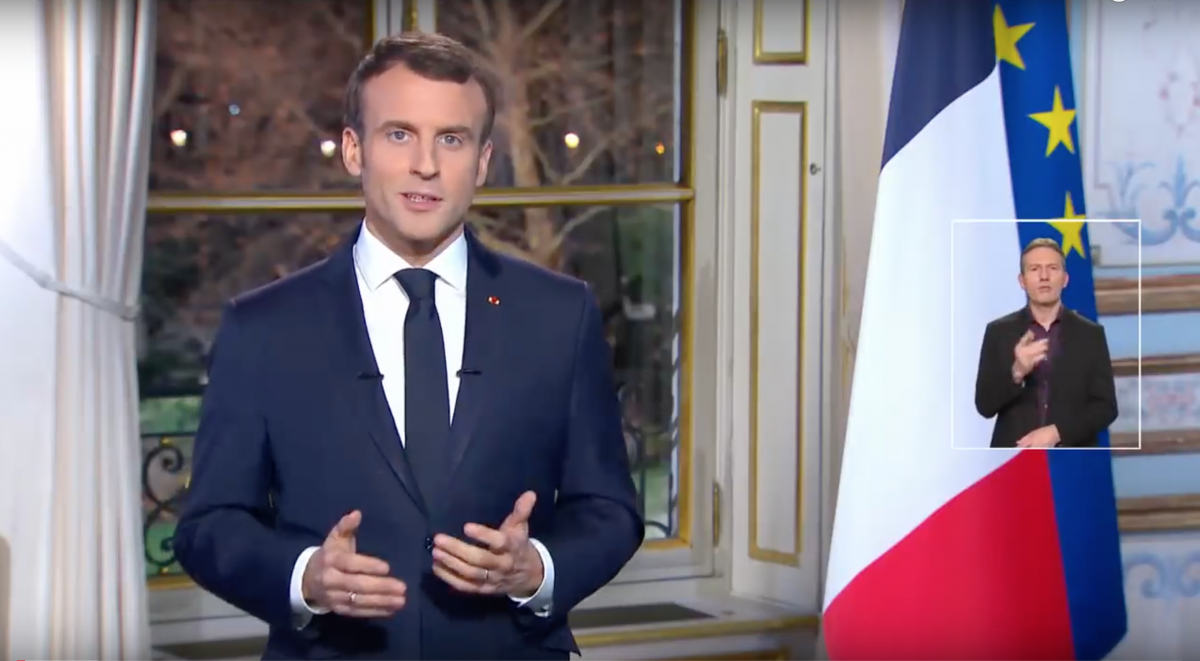
We do not know if France’s President also wishes his friends and family a happy new year at midnight. Still, from the Elysée Palace, he transmits his presidential wishes to the French nation on the 31st from 8 pm on TV (“les vœux présidentiels”).
A new day: the “Jour de l’An”
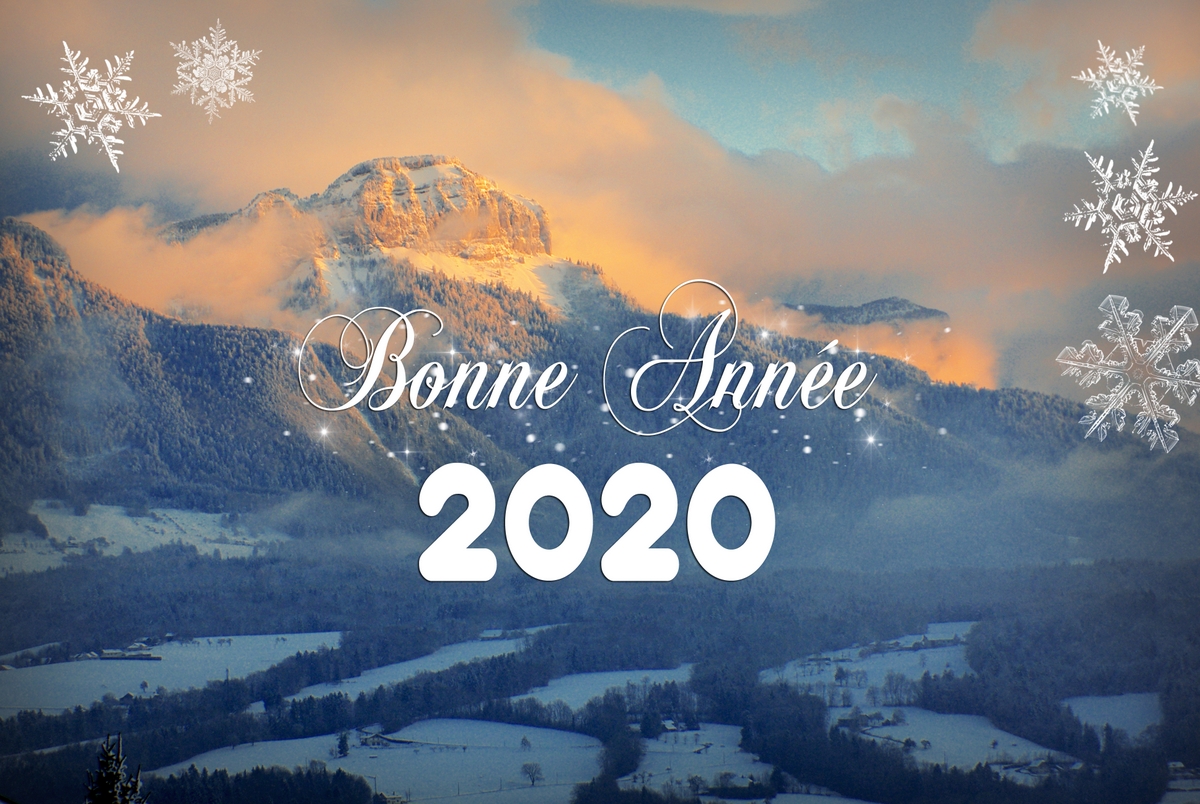
After waking up painfully at the beginning of the afternoon and cleaning up, French people slowly regain consciousness and write cards to their friends and family members to whom they could not wish a happy new year at midnight, in which they usually wish good health and a lot of happiness and success.
The last custom associated with the New Year in France is the offering of “étrennes”. It was the name of the candies and money that the children of Savoie used to receive from their families when they visited them to wish them a happy new year. Today, this word rather refers to the small bonus that employers offer to their staff, cleaners, etc… It can also refer to the exchange of presents.
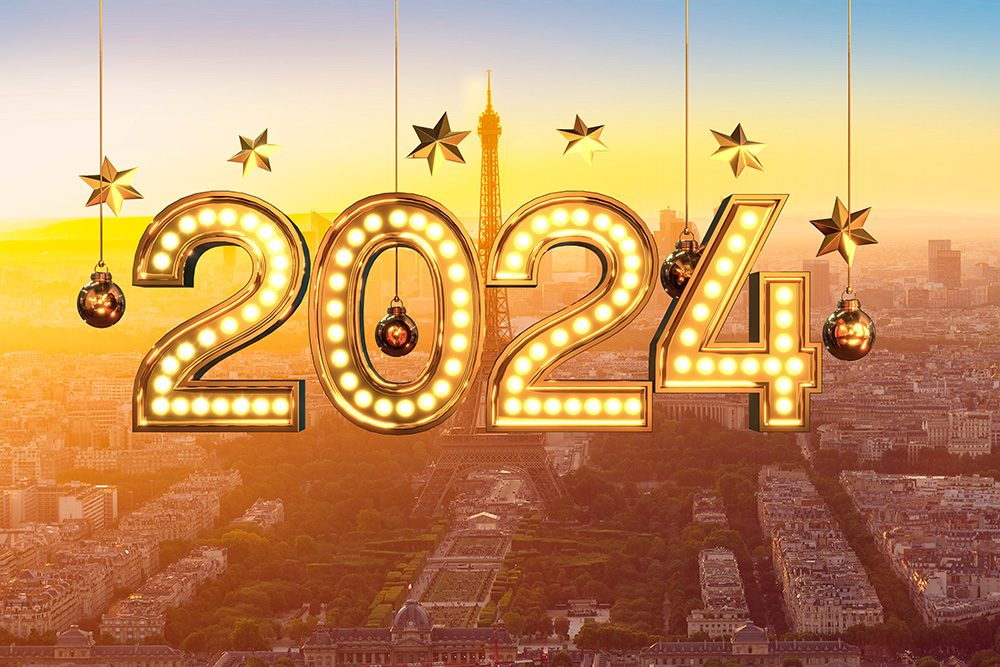
The 1st of January and the 1st day of the year
The only mystery that has not yet been solved regarding the New Year is the origin of its date. Therefore, France’s 1st of January was not always the first day of the year!
- During the 6th and 7th centuries, the New Year was fixed on the 1st of March.
- In the 9th century, during the reign of Charlemagne, the first day of the year was set on Christmas Day.
- In the 10th century, the first day of the year was Easter Saturday.
- Before the 16th century, the year started on the 25th of March (learn more on the 1st of April in France).
The King of France, Charles IX, decided to make the 1st of January the first day of the year across his kingdom. This is known as the Roussillon edict.
Why Sylvestre?
The fact that the New Year’s Réveillon is sometimes called “Réveillon de la Saint Sylvestre” is just a coincidence. Sylvestre (or Sylvester as he is known in England) was the 33rd Pope, and, once canonised, he became one of the Saints who are attributed a day in the Gregorian calendar.
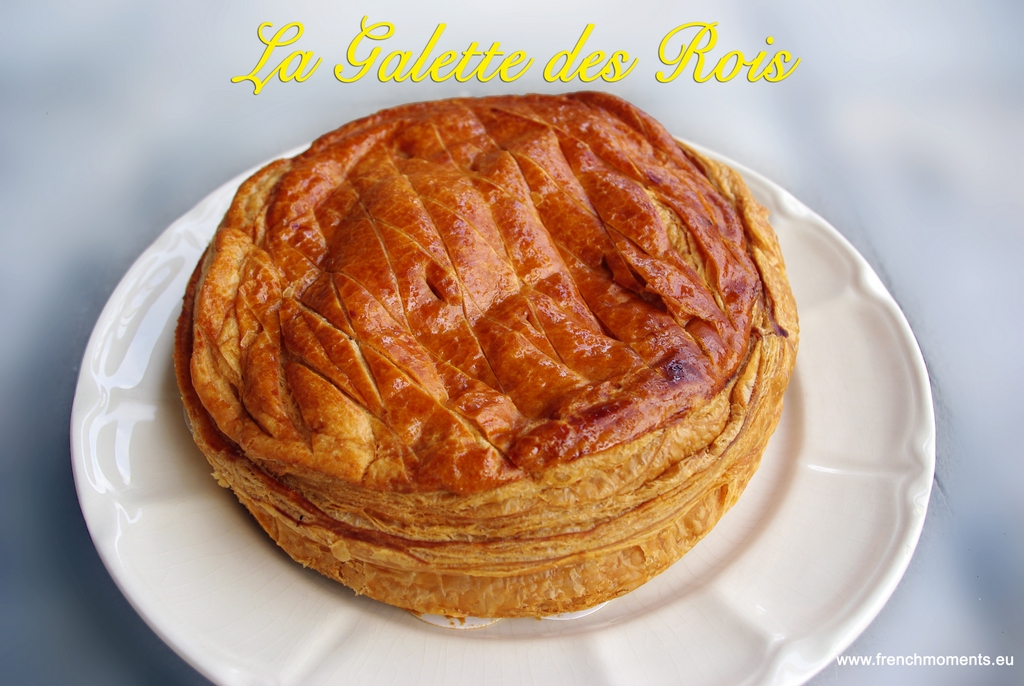
The season of the French winter celebrations ends with the Epiphany on the 6th of January. On this day, French people eat the “Galette des Rois” (the Kings’ cake), a reference to the Magi, the Three Wise Men, who visited the baby Jesus on the 6th of January.
>> Read about the 1st of January in French on the Mon Grand-Est blog! <<
Did you like what you read? If so, please share it on Facebook or Twitter!
Find out more about New Year’s Eve
Here is a small list of blog articles and websites that may be of interest to you on the subject of New Year’s Eve:
- Our Christmas in France homepage
- 15 French Christmas traditions you should know
- The seasons of the year in France
- Read about the traditions of New Year’s Eve in France on our French blog
- The Wikipedia page on New Year’s Eve
Did you like reading about New Year’s Eve in France? If so, pin the image below on Pinterest:
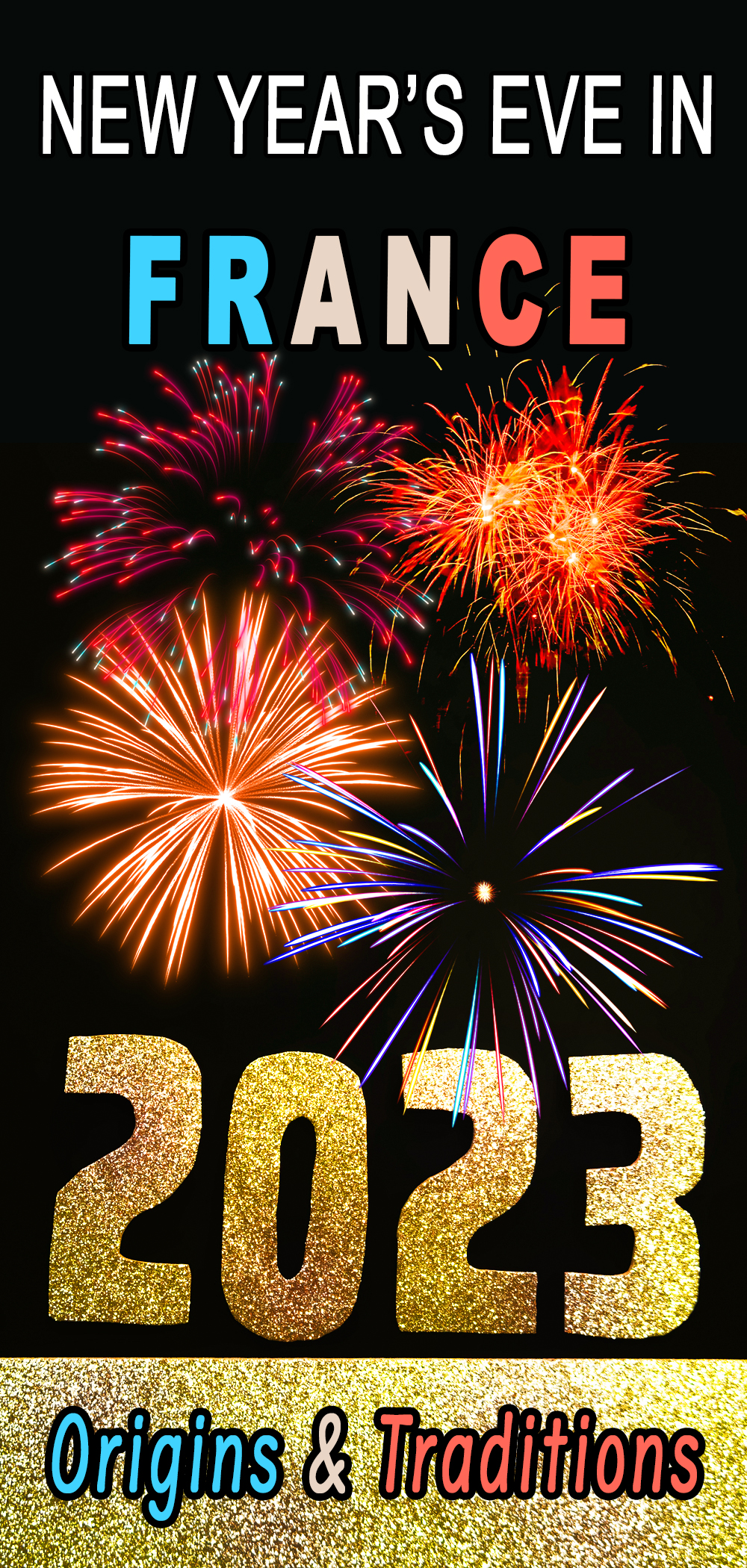
Featured image: Photo by puhimec via Envato Elements


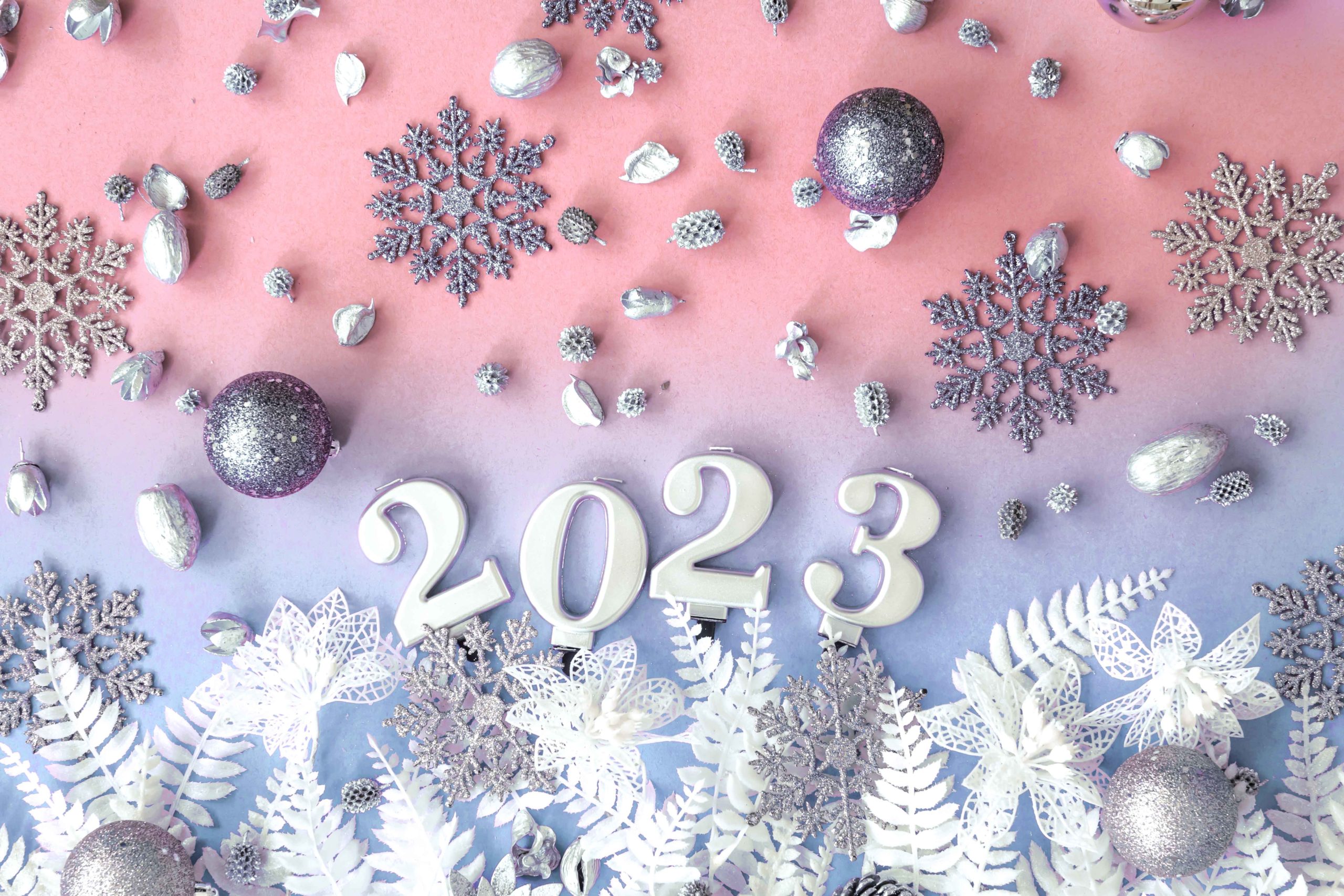
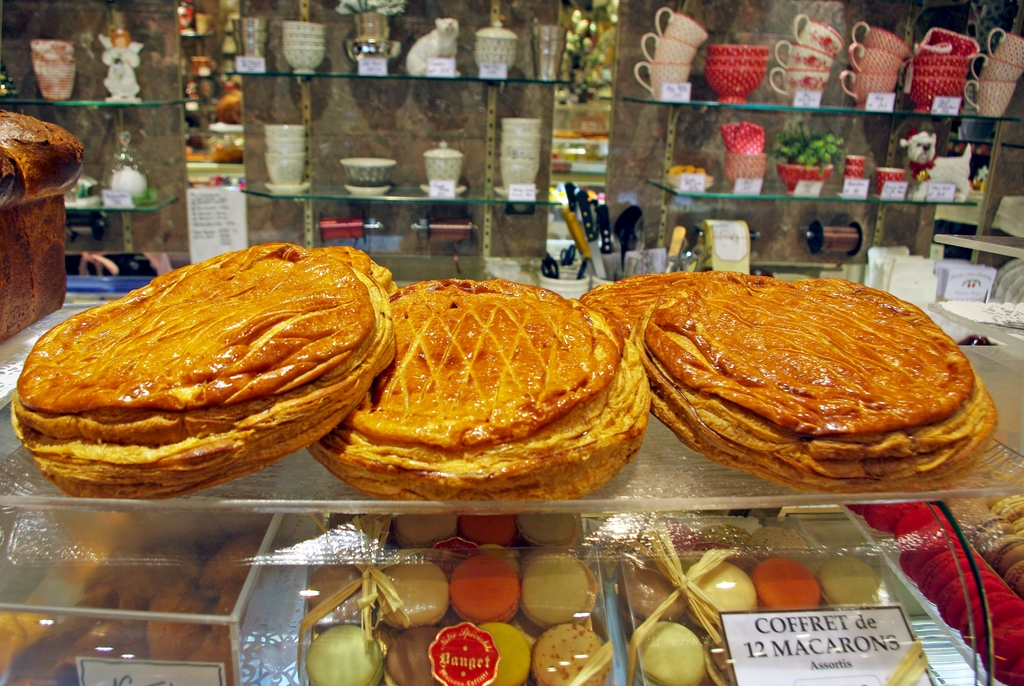

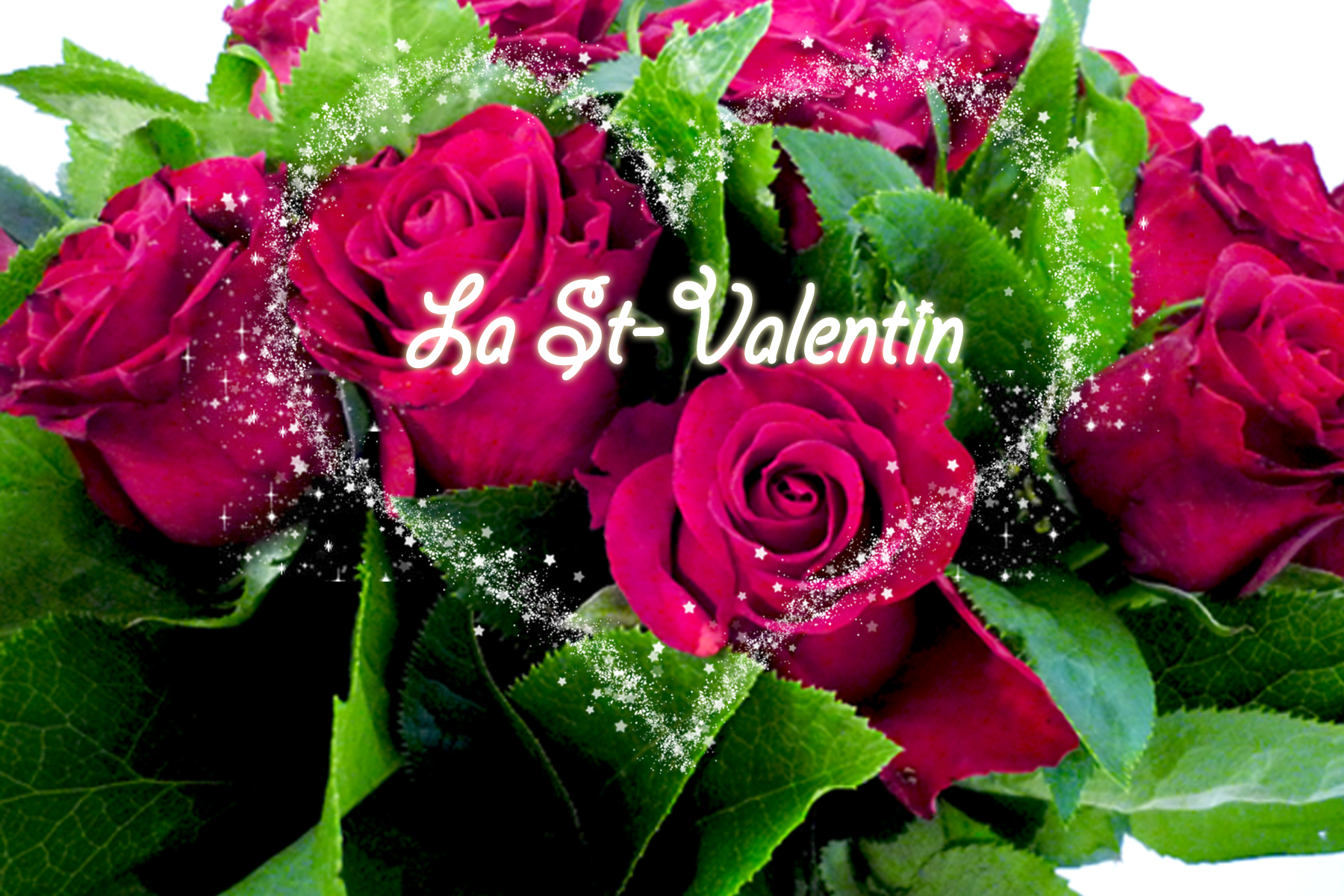

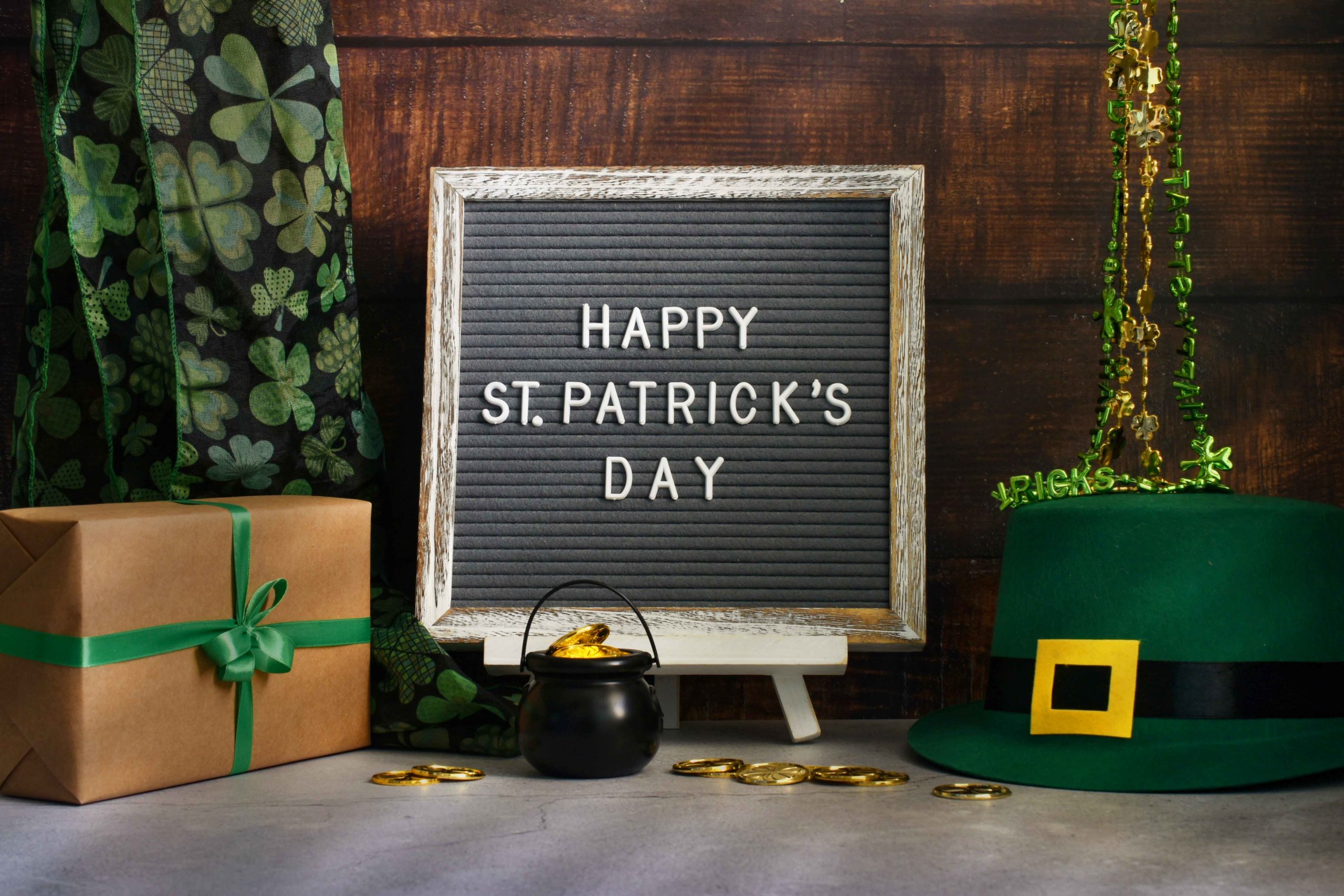

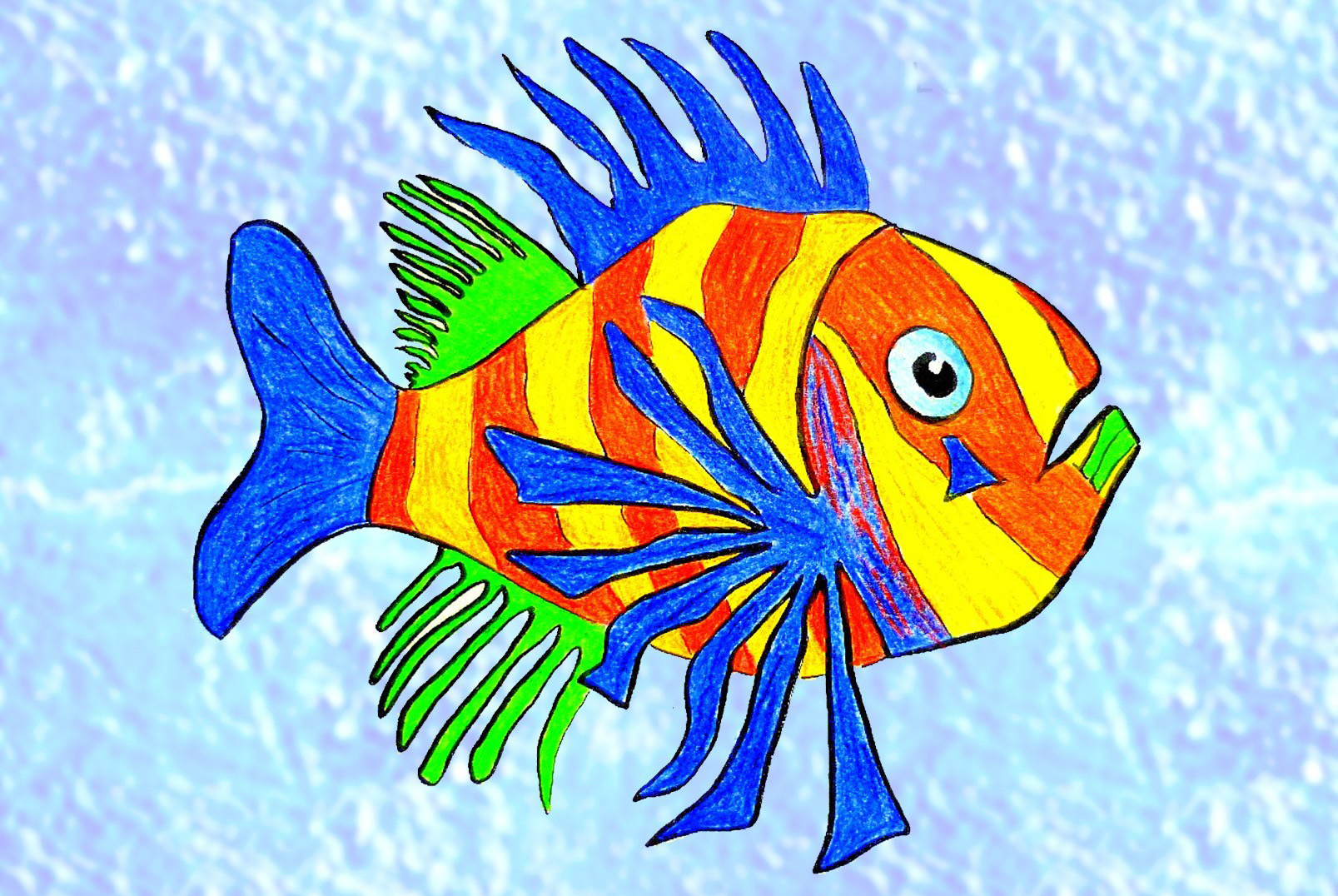

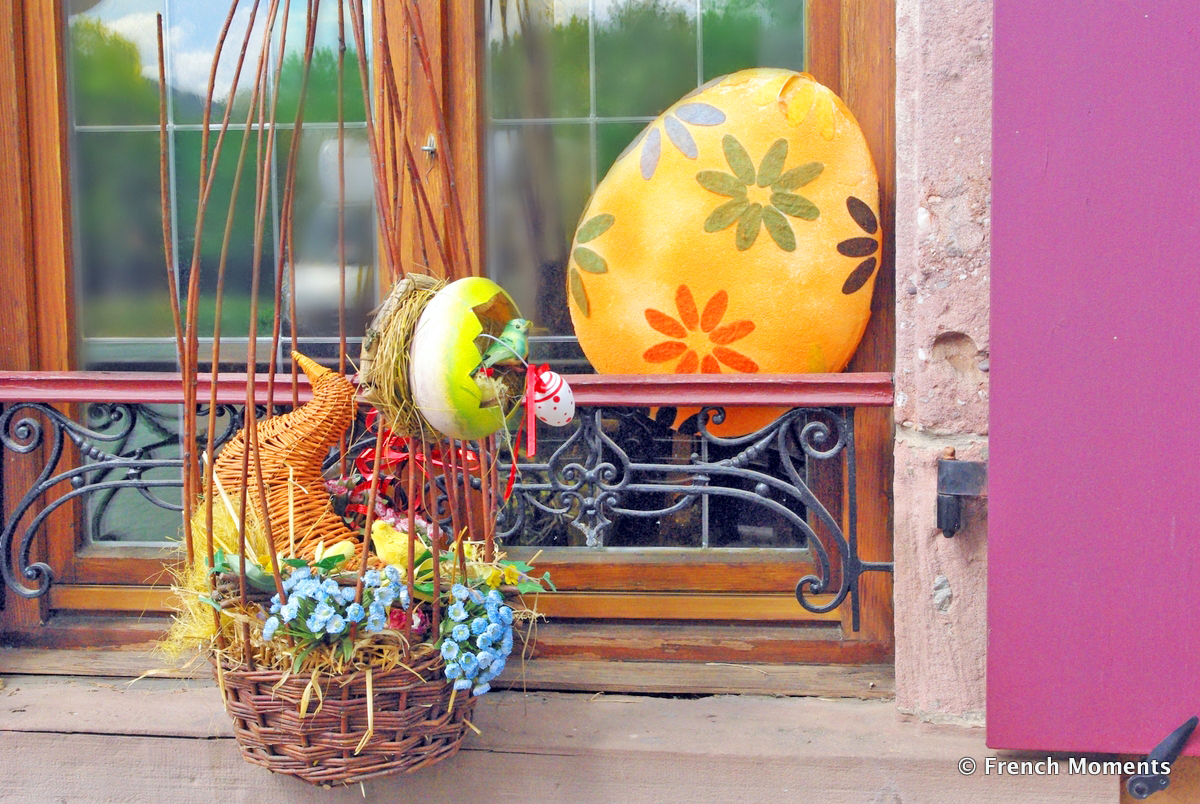
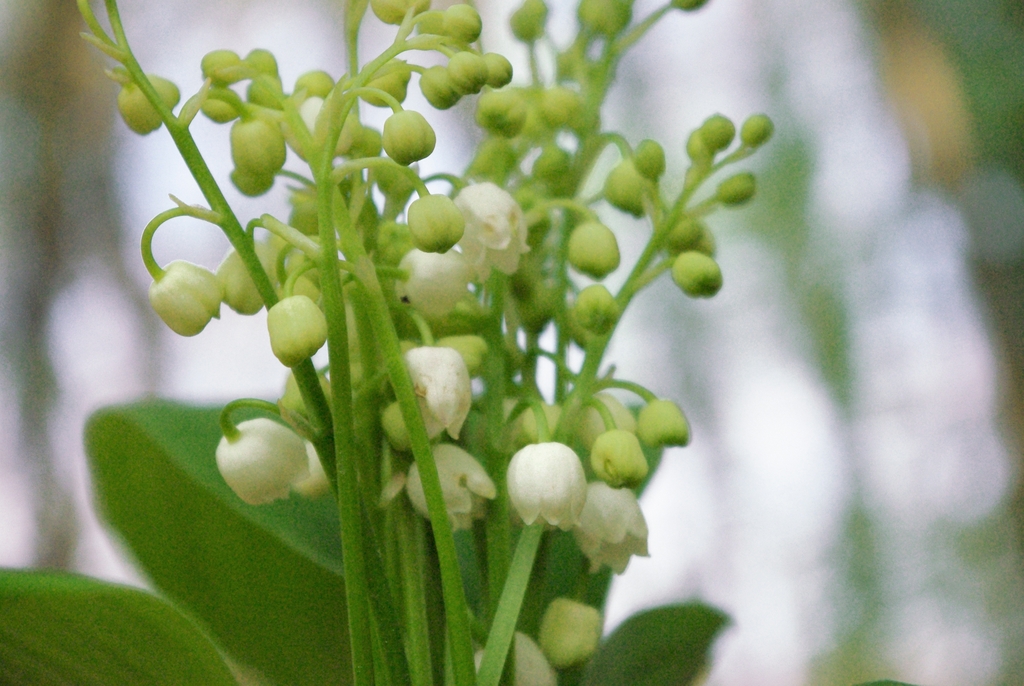

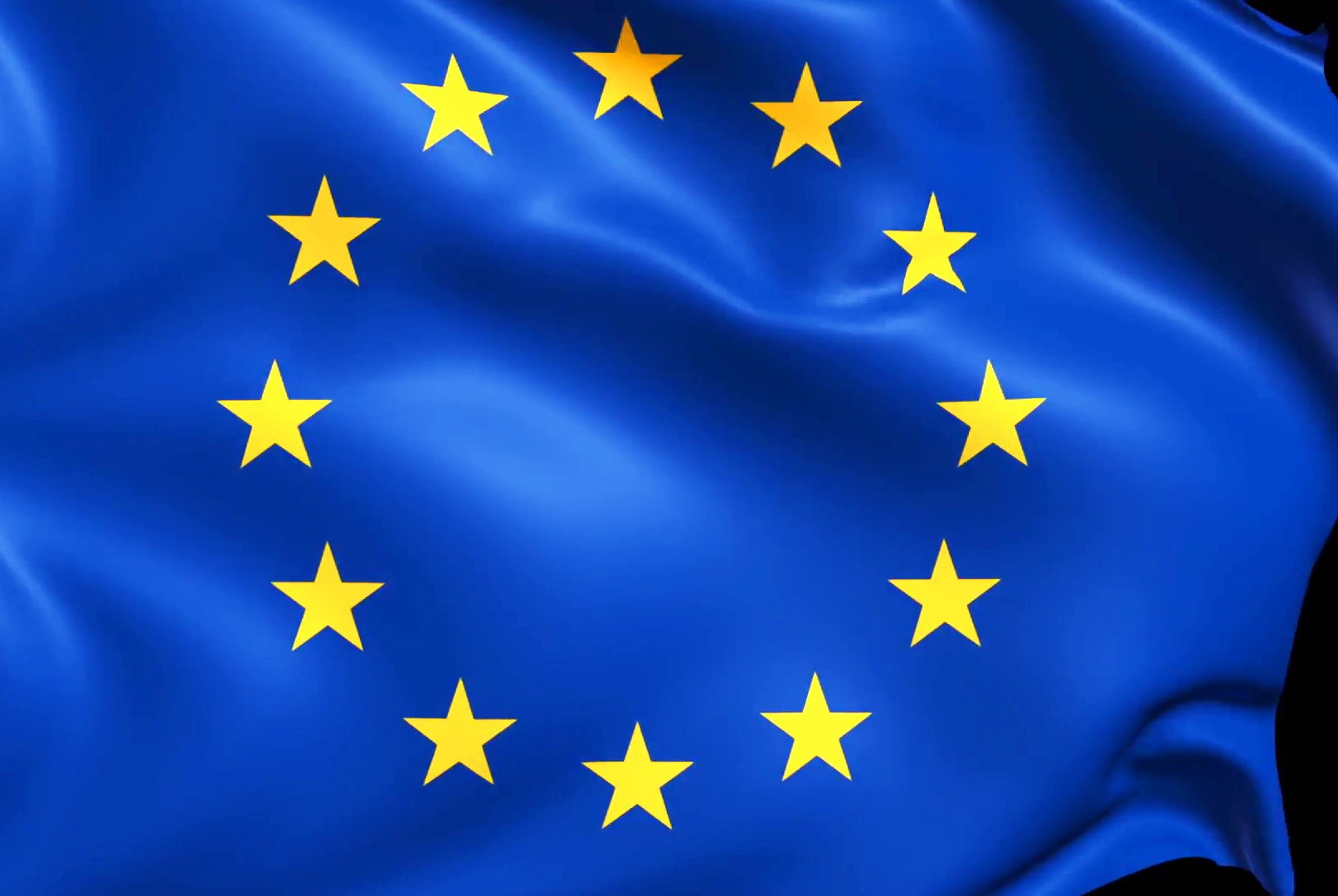
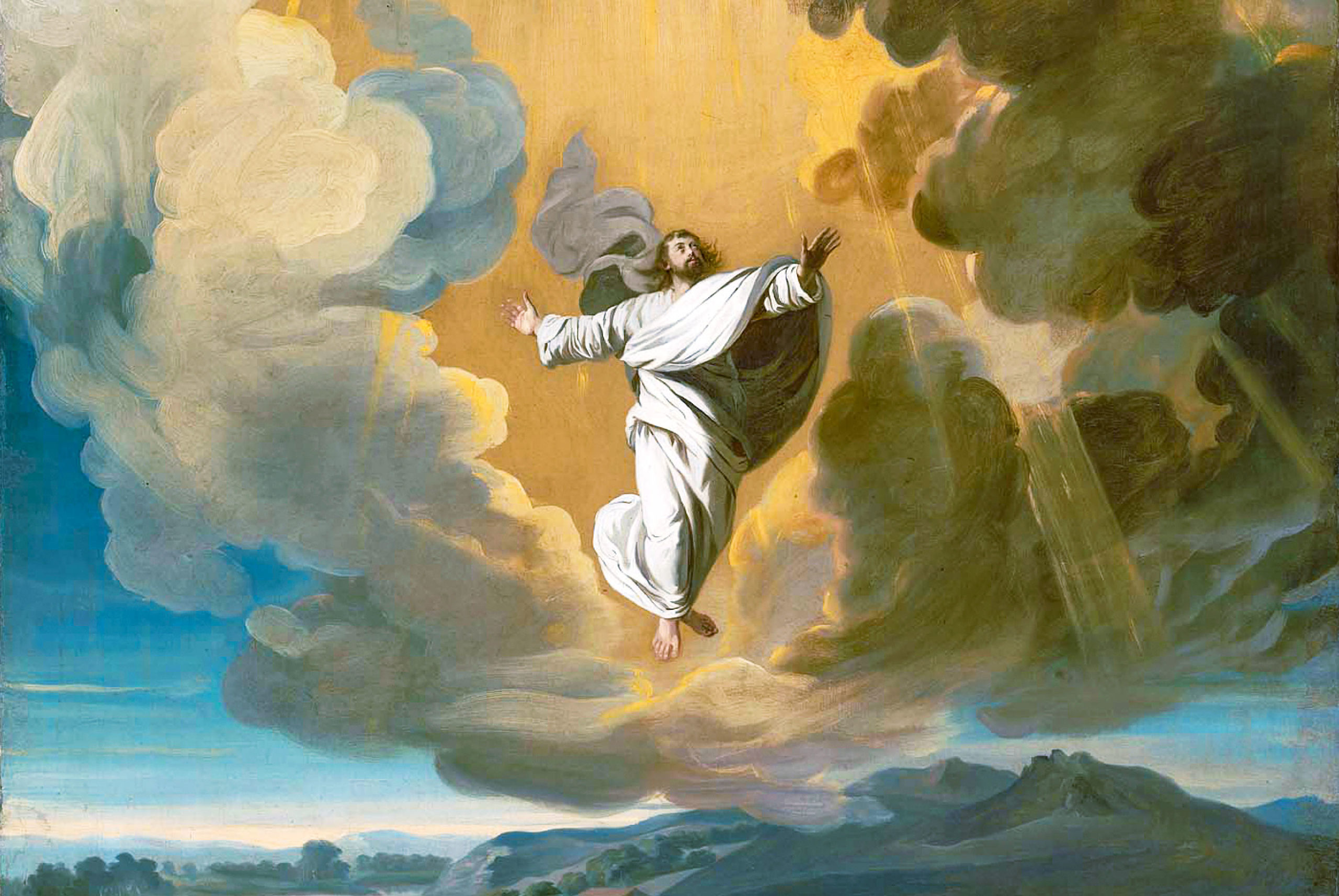
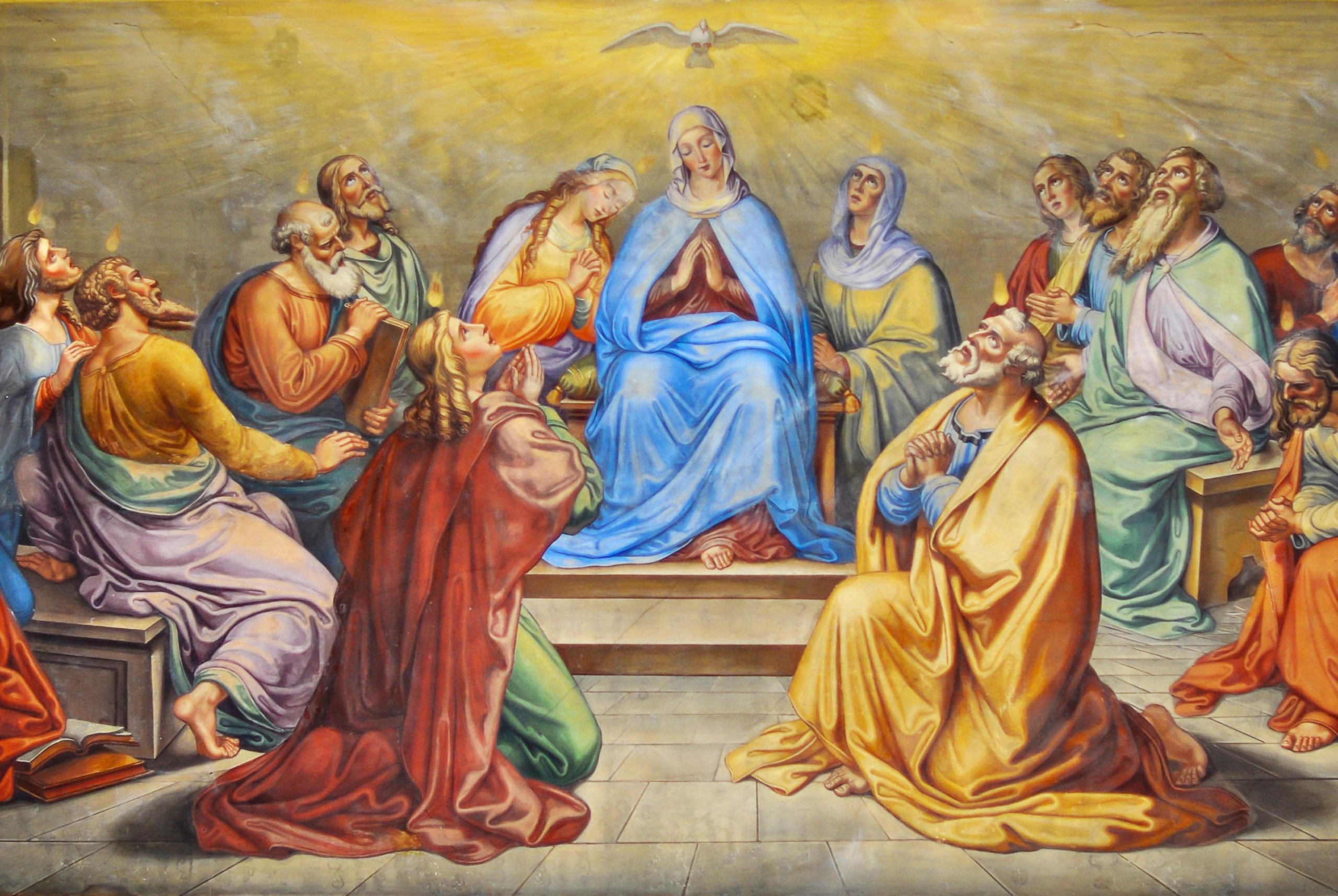
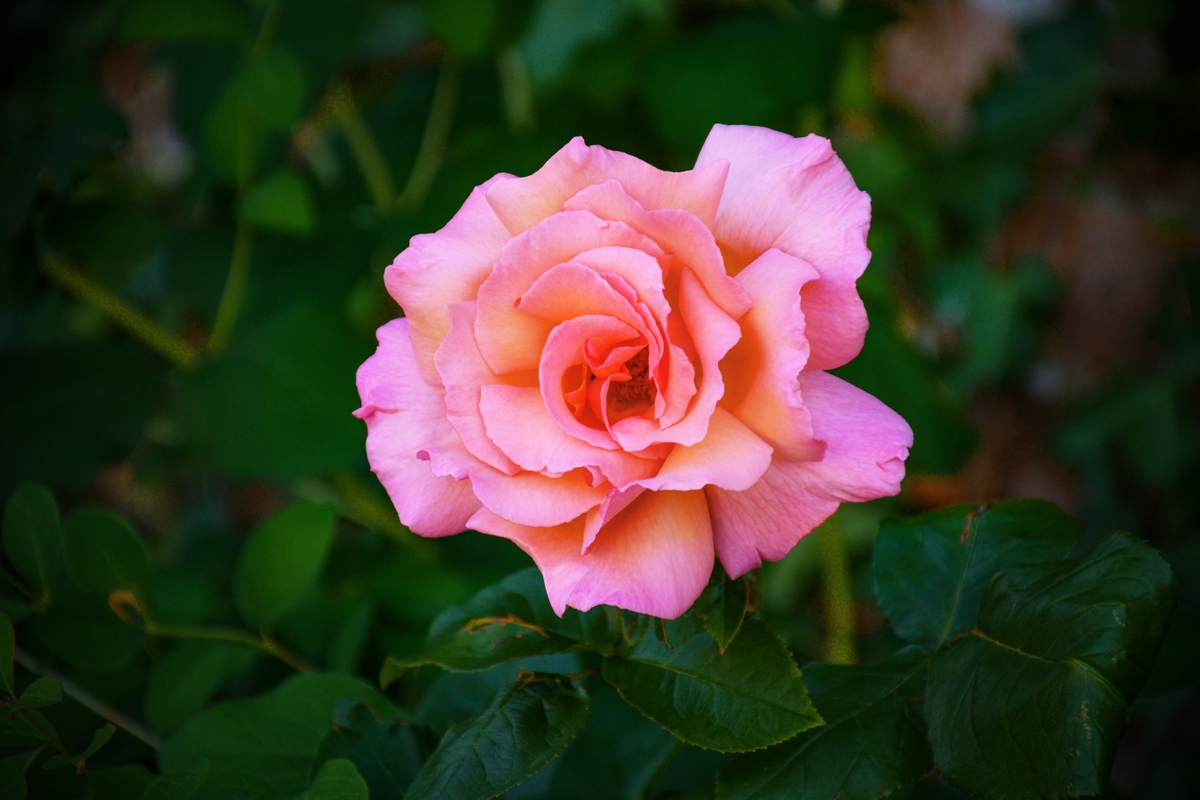
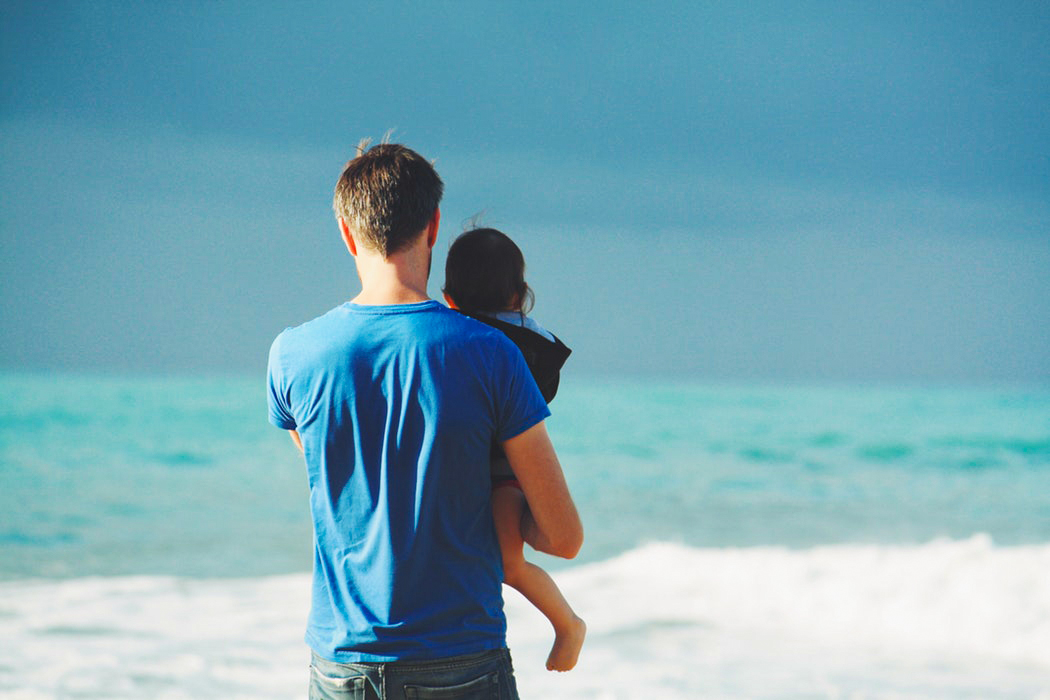
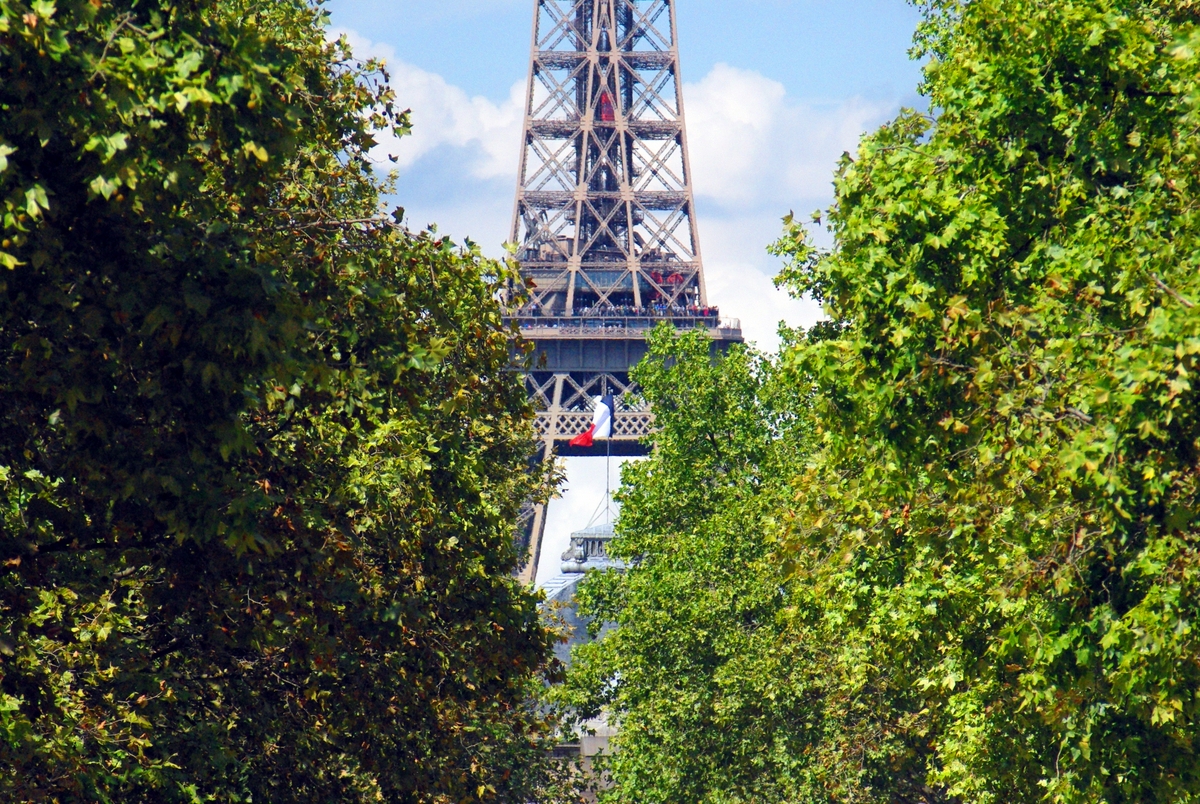
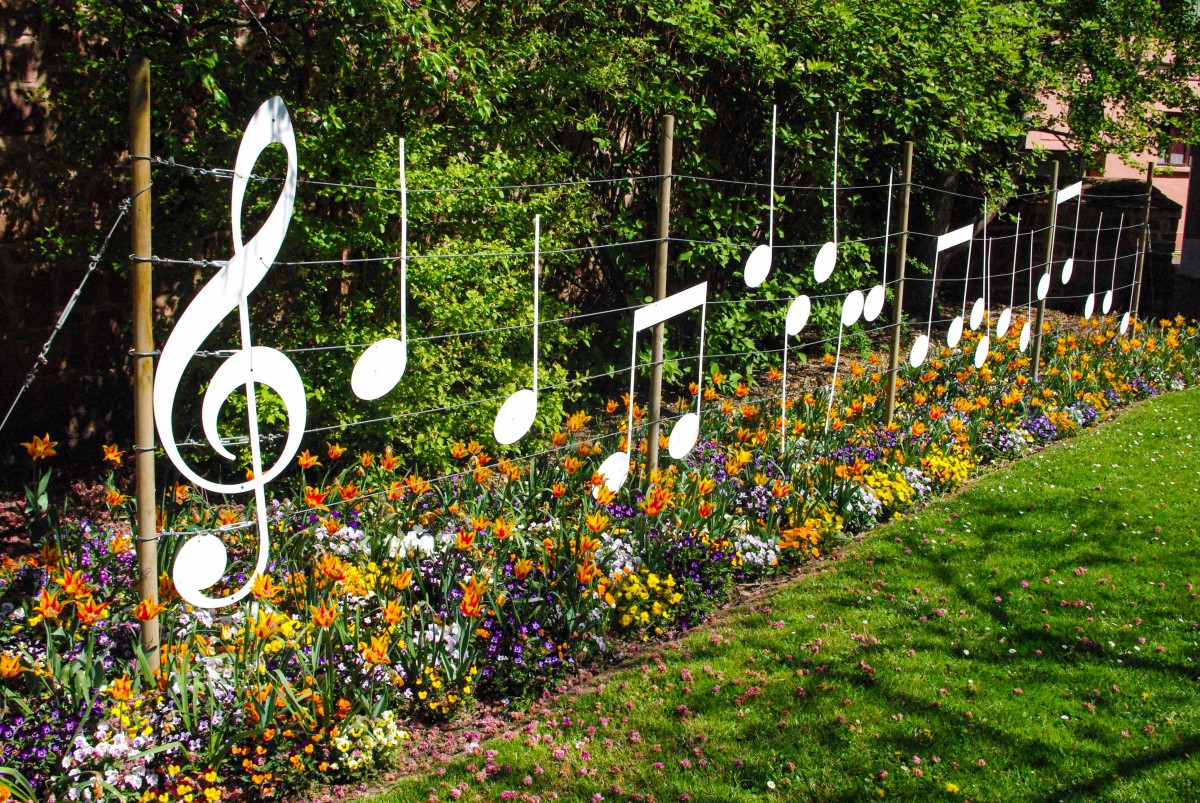
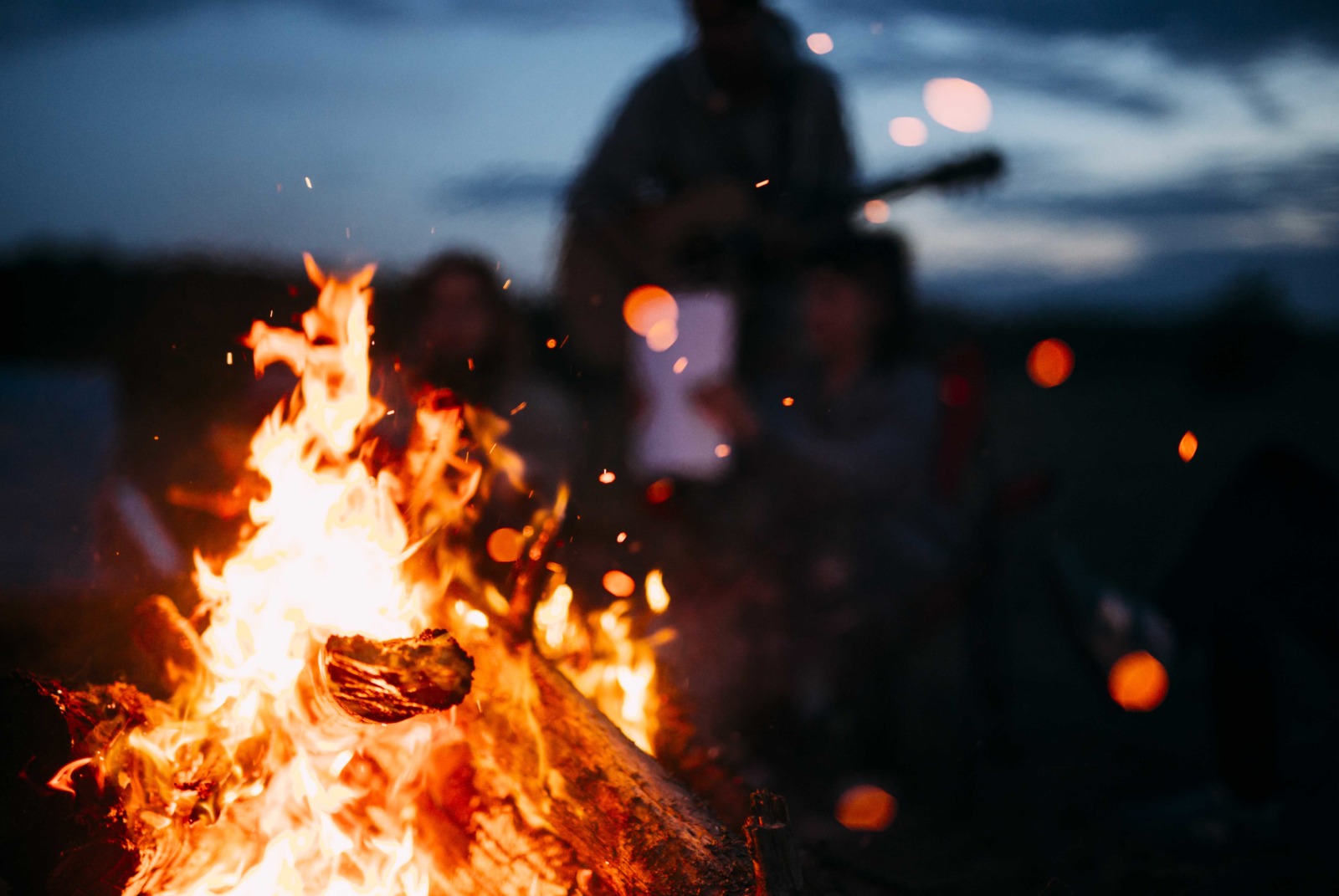
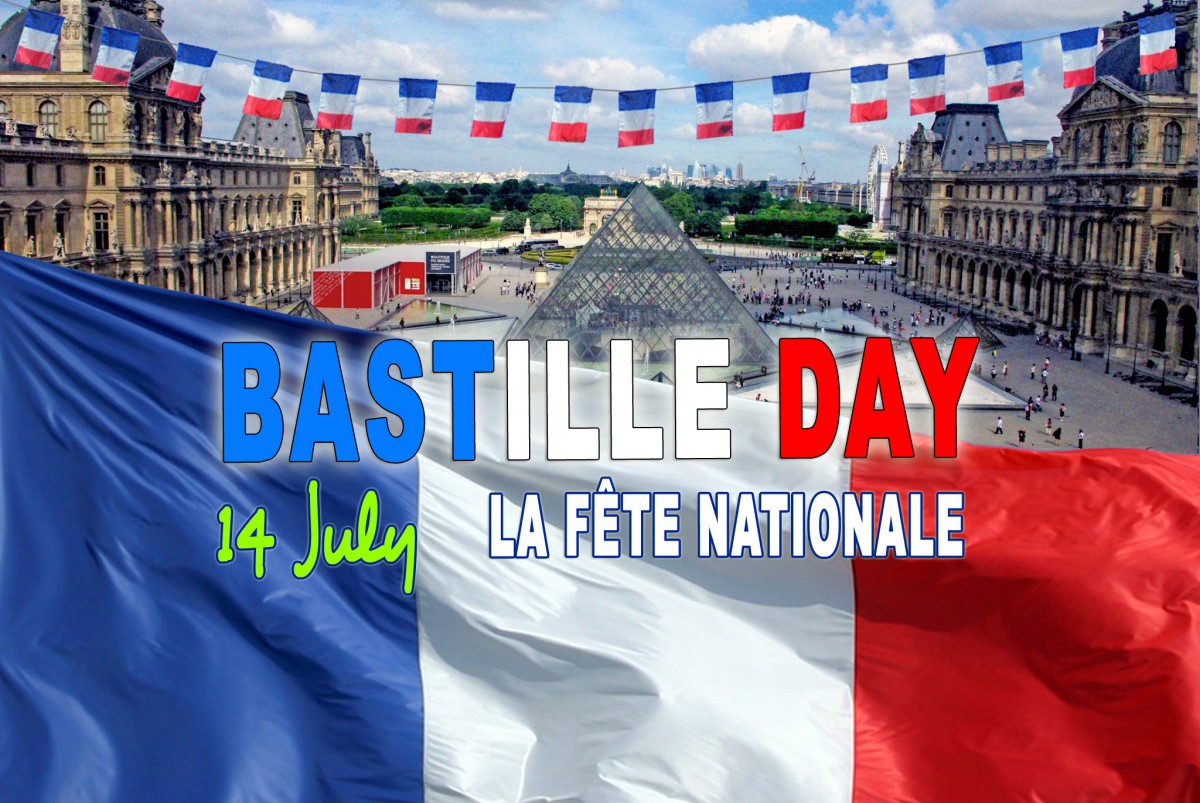
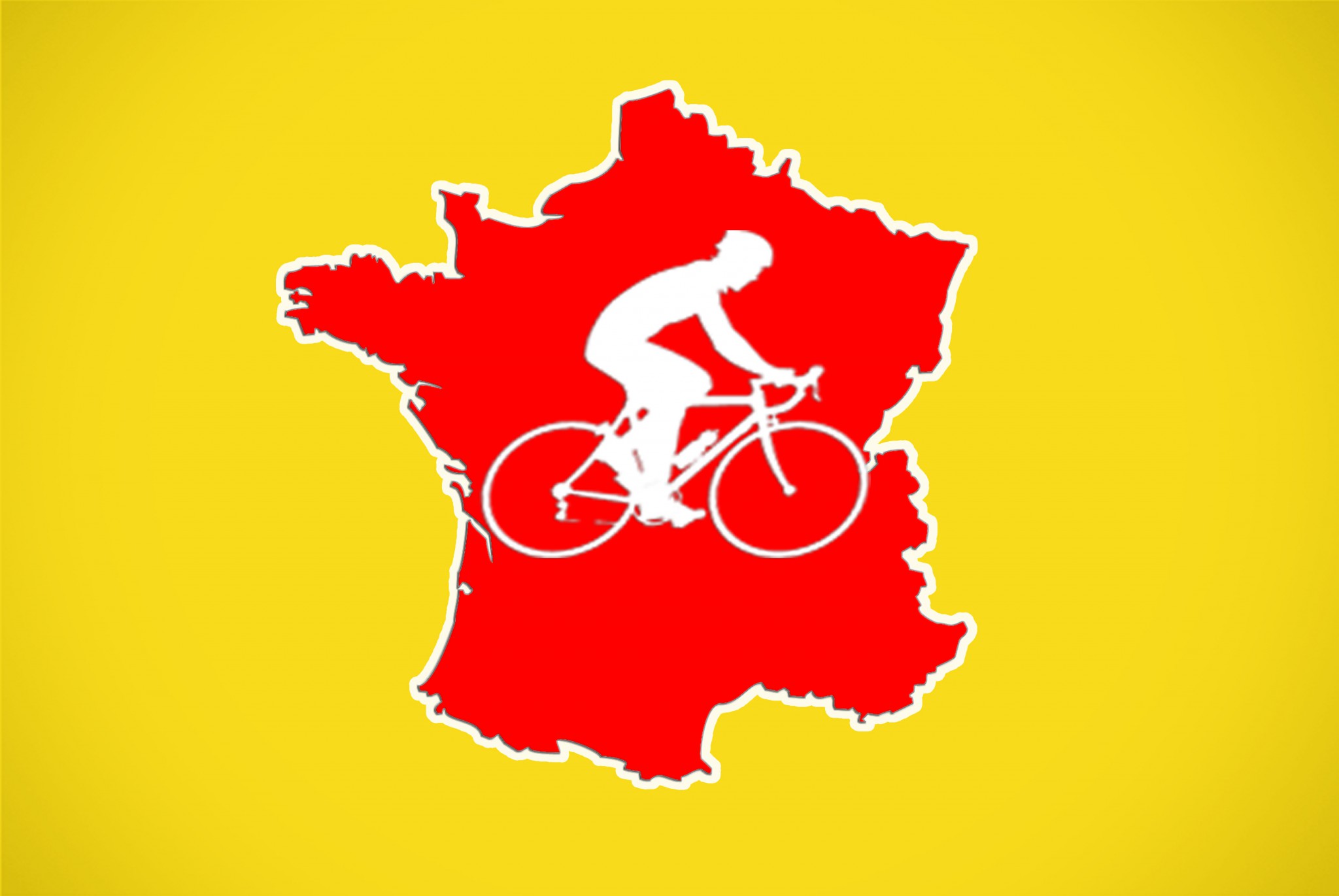
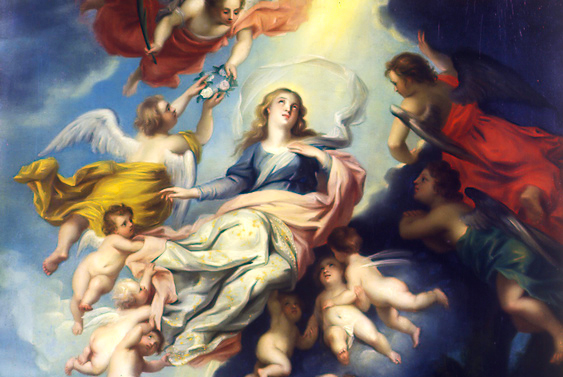

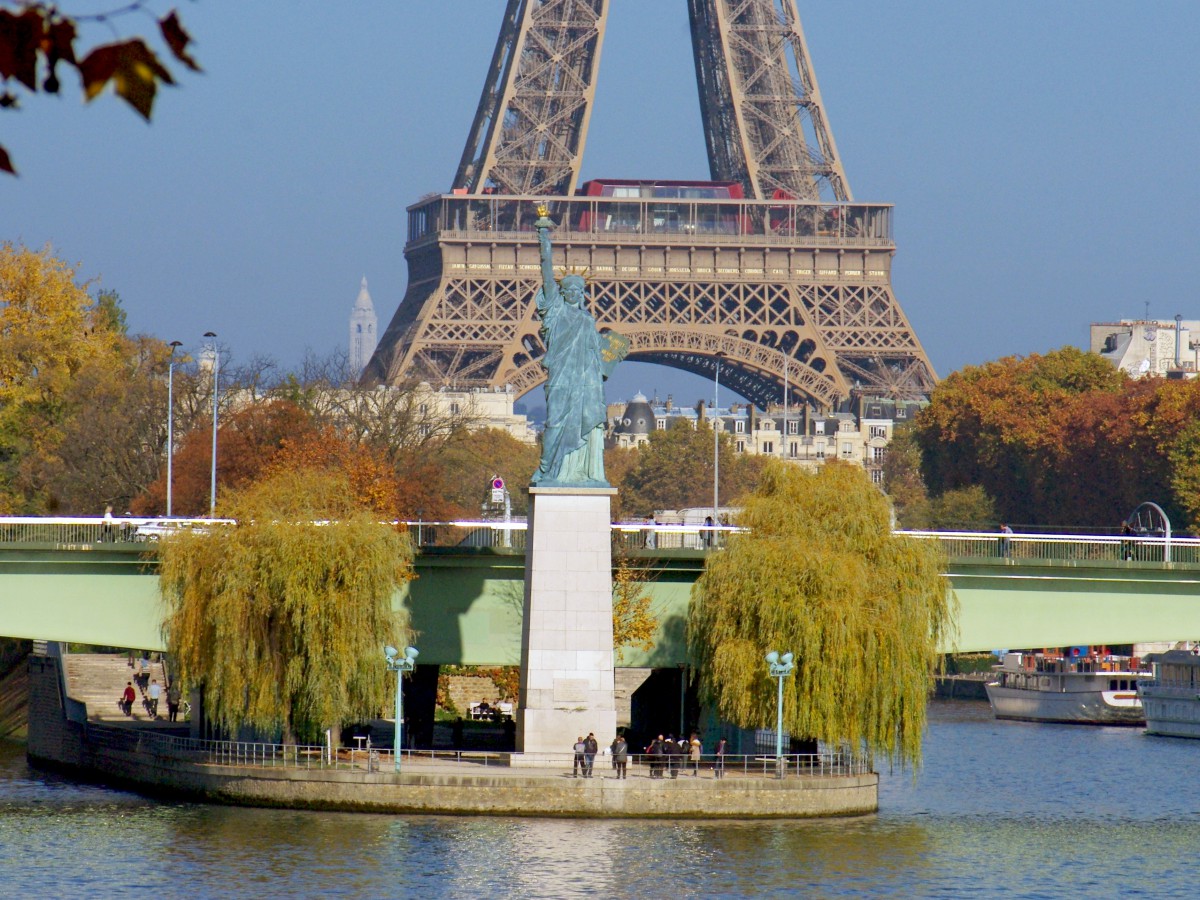
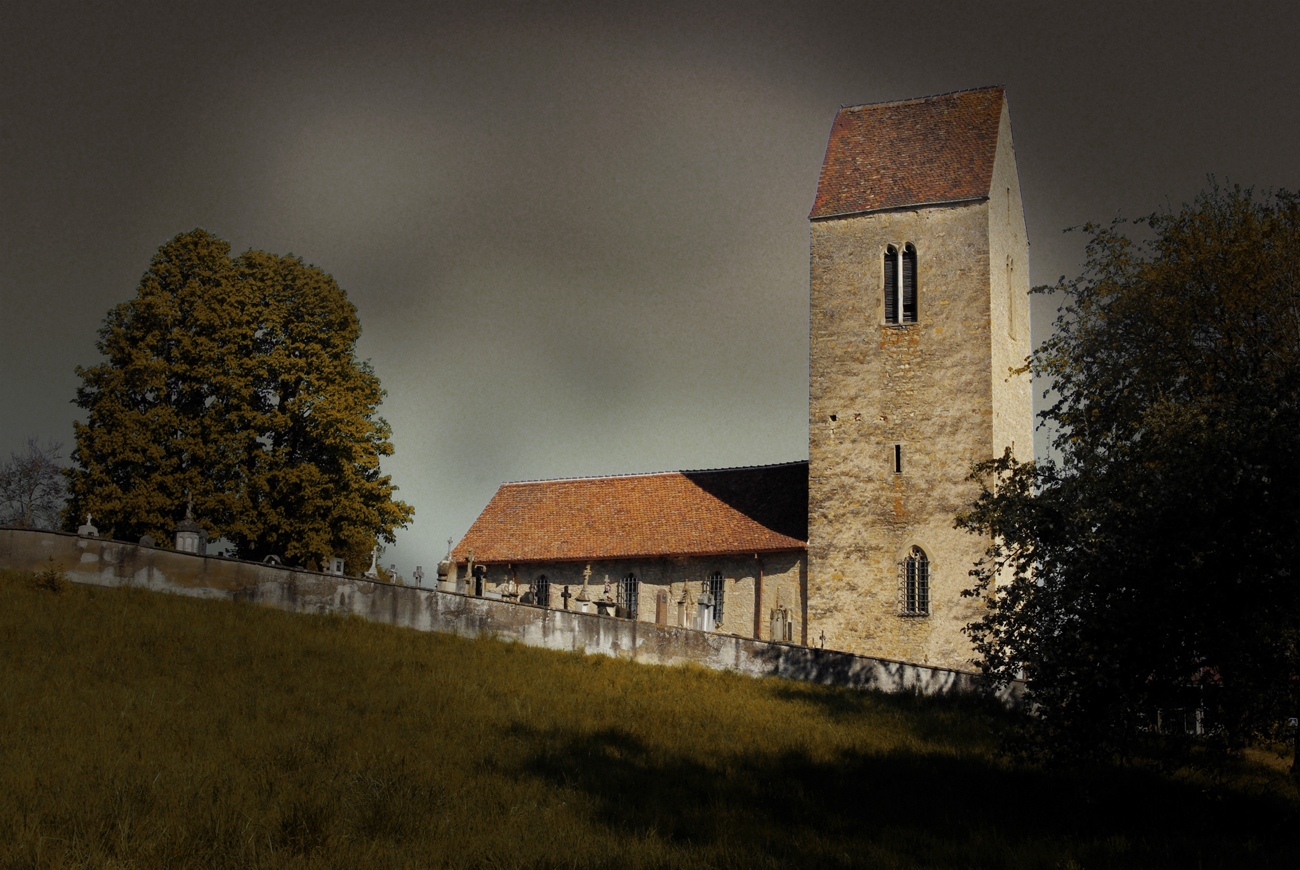
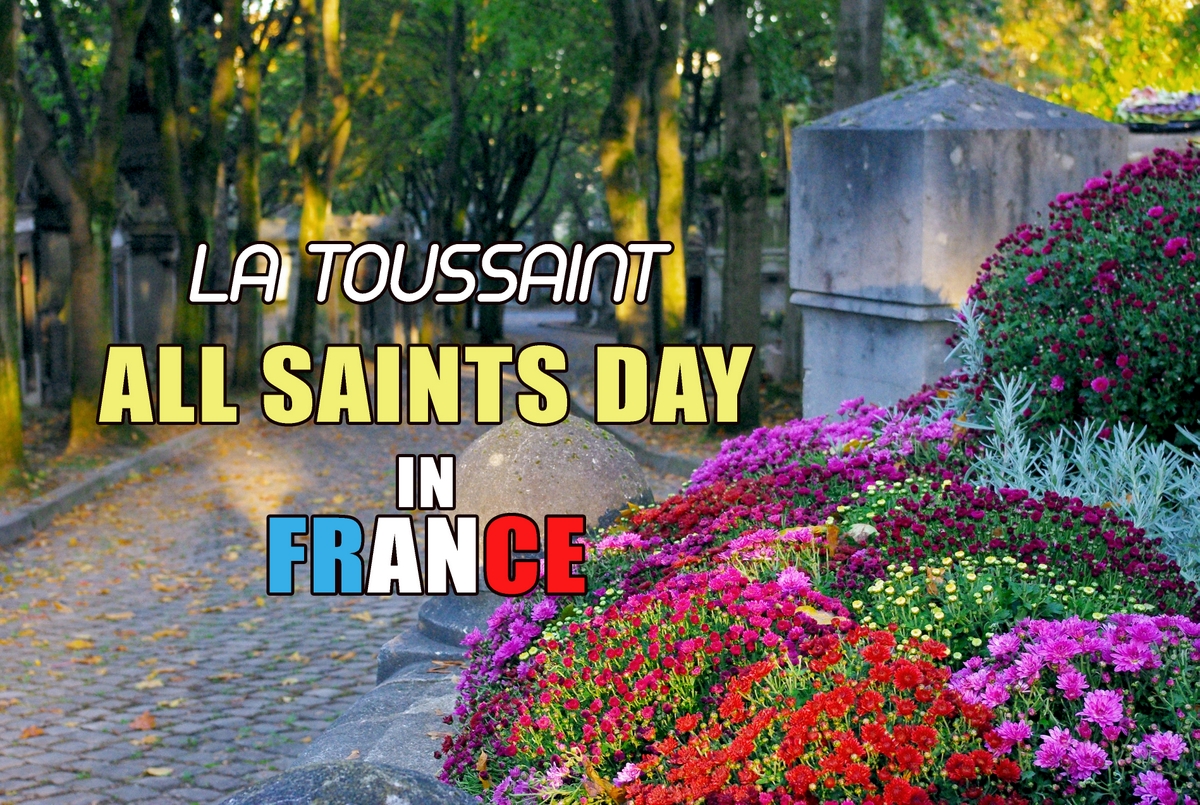
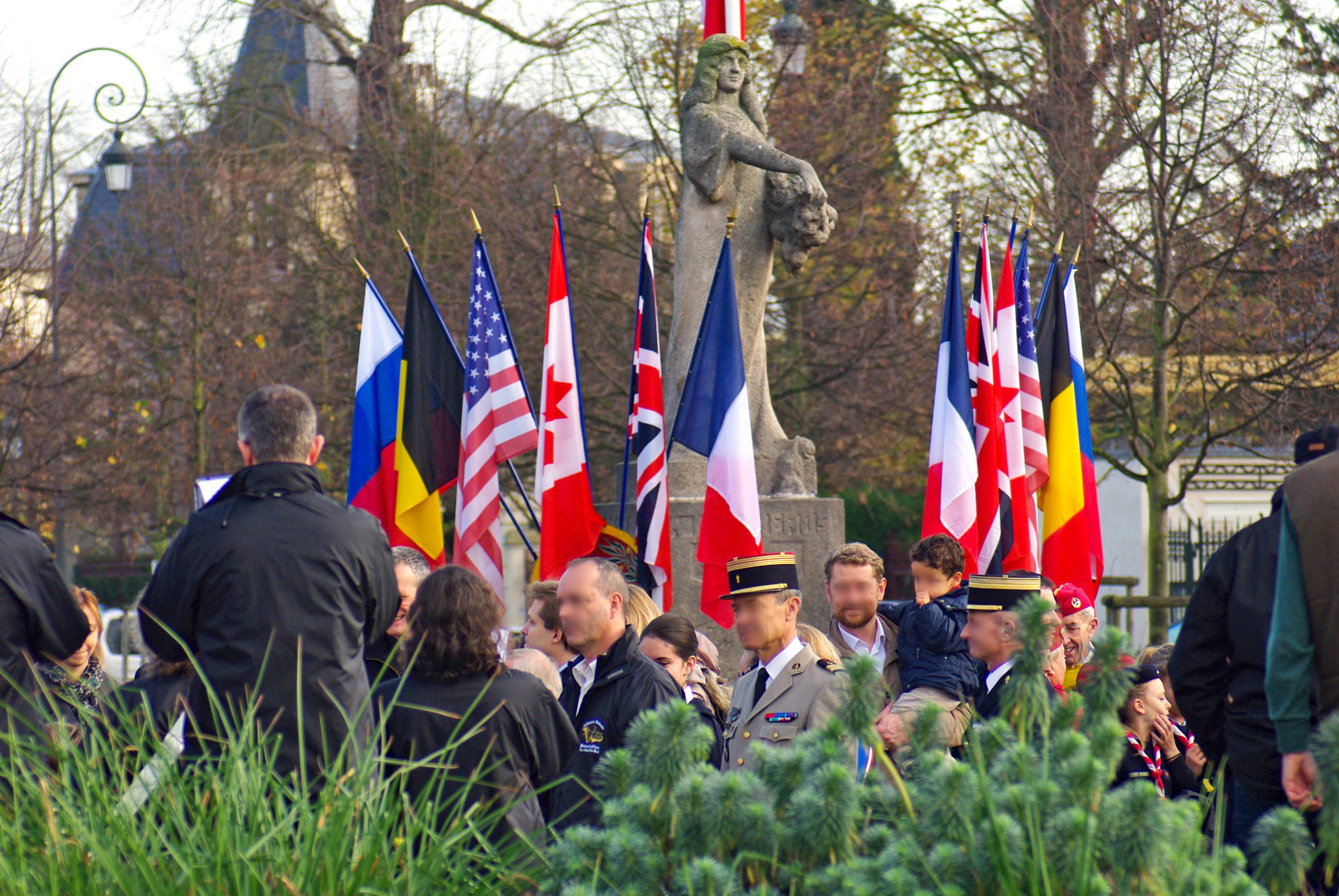
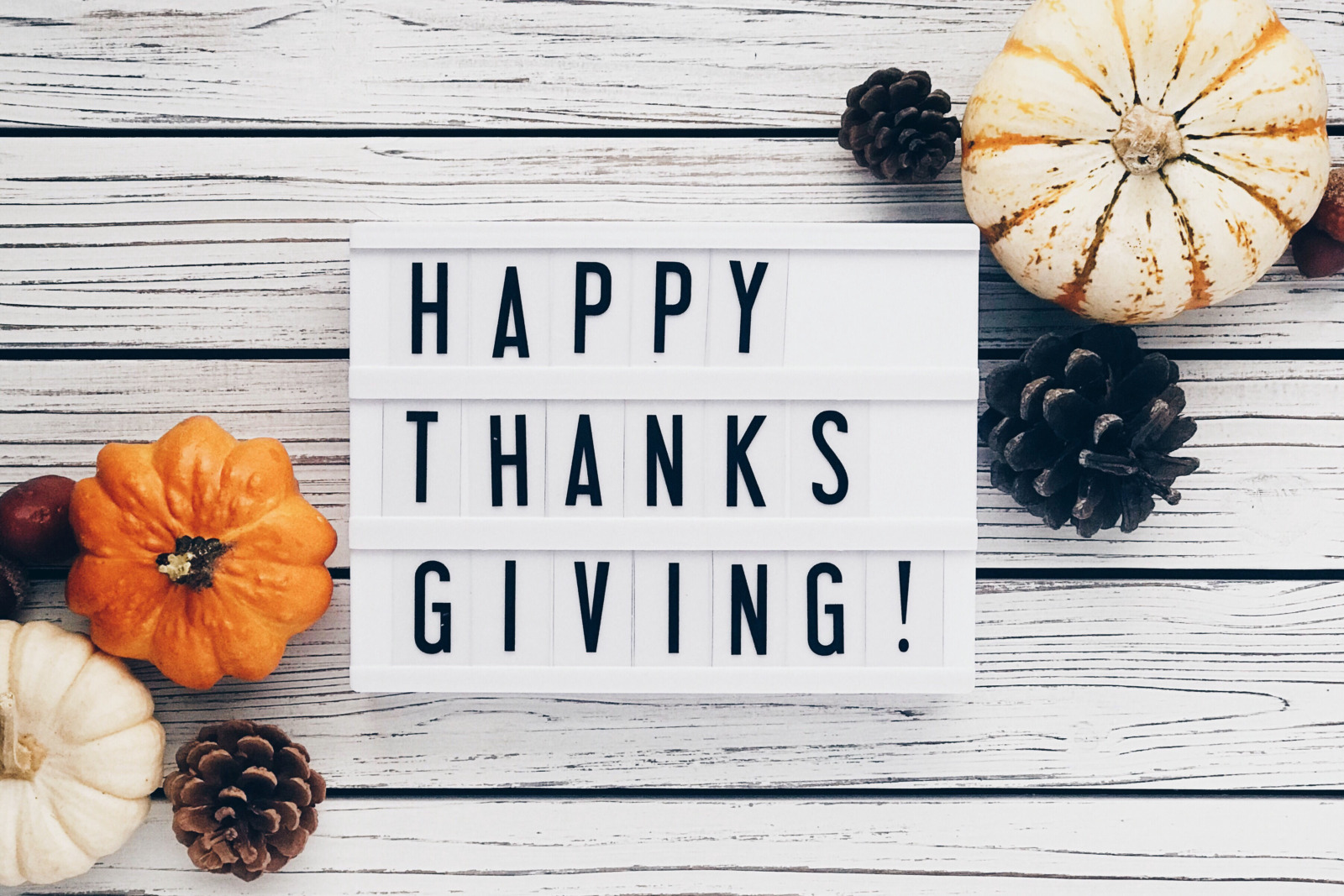
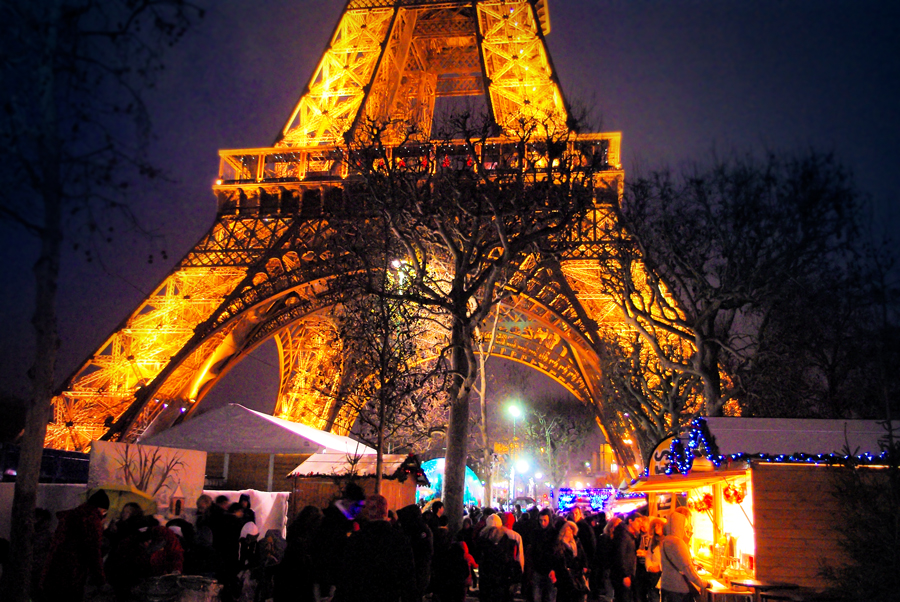


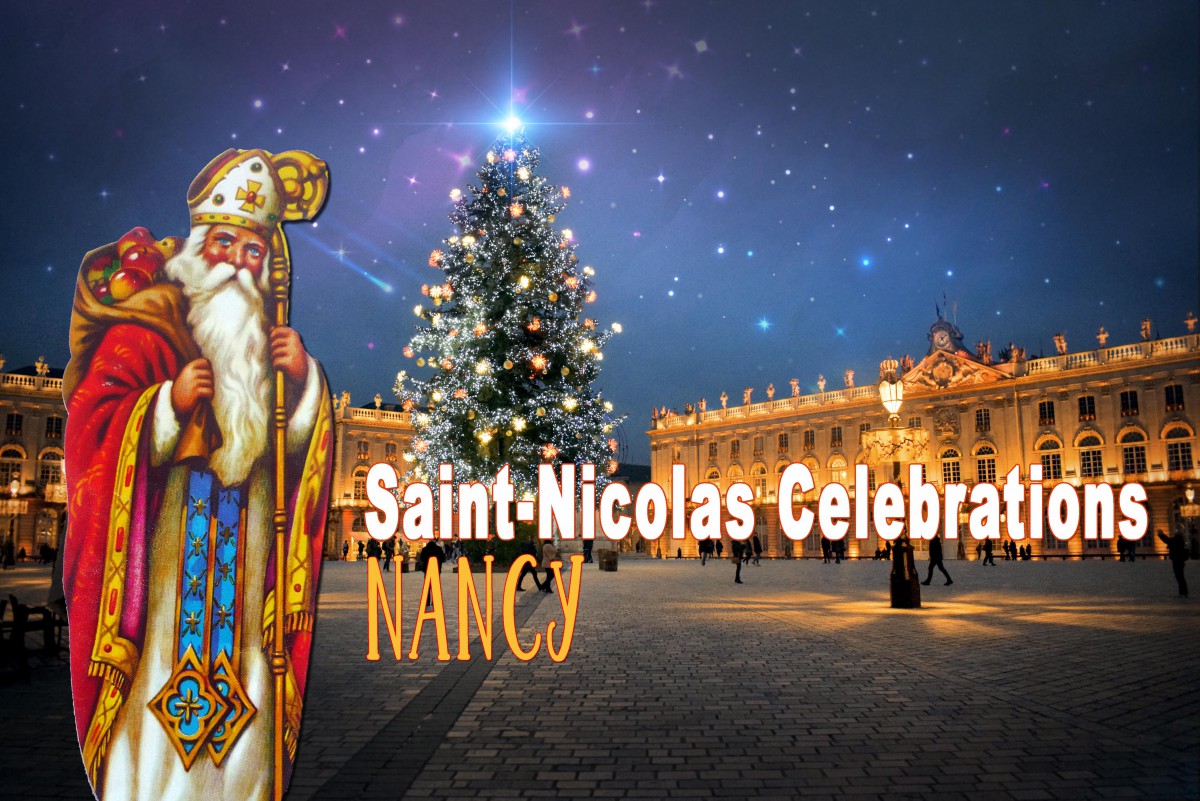
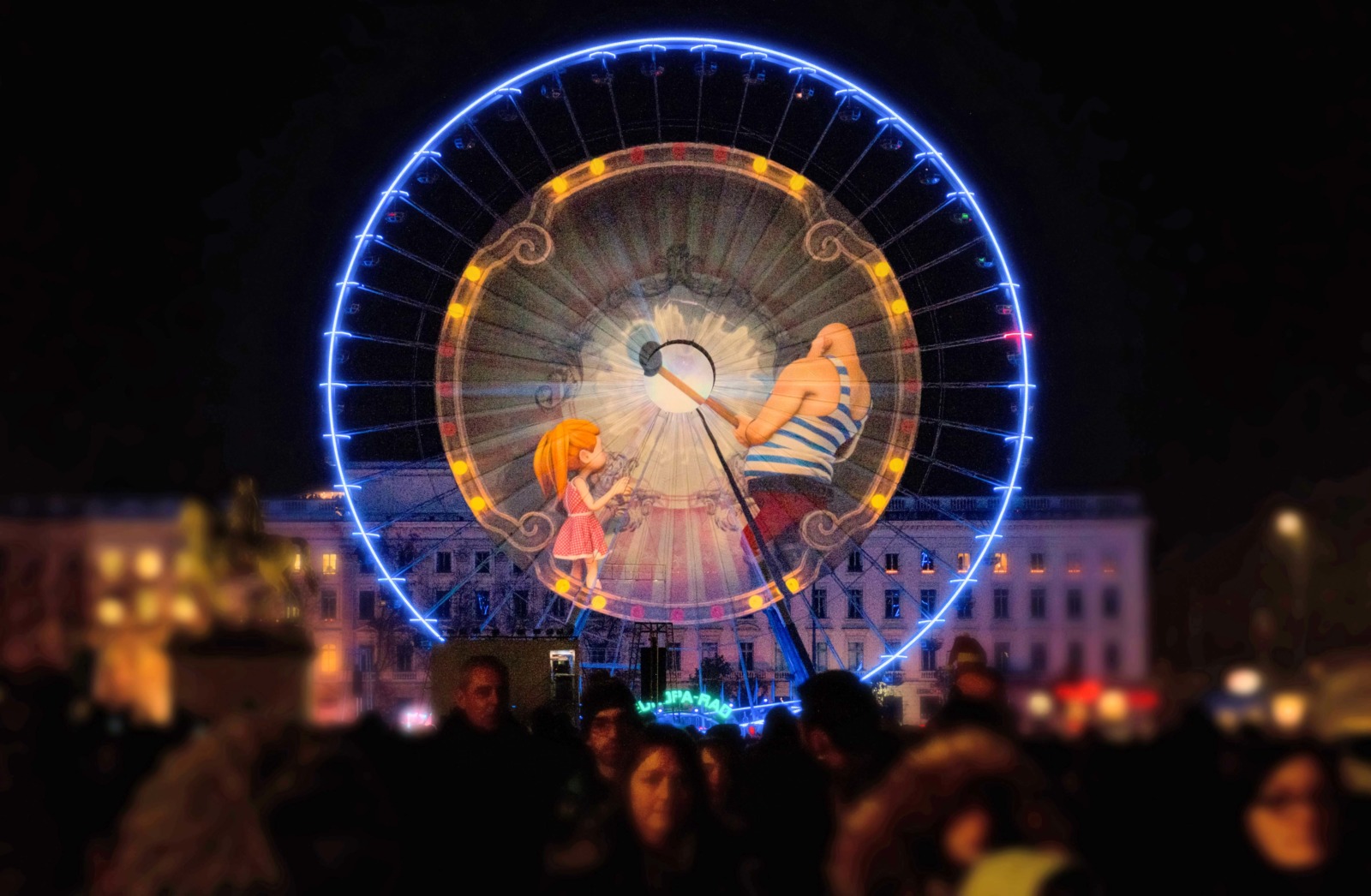
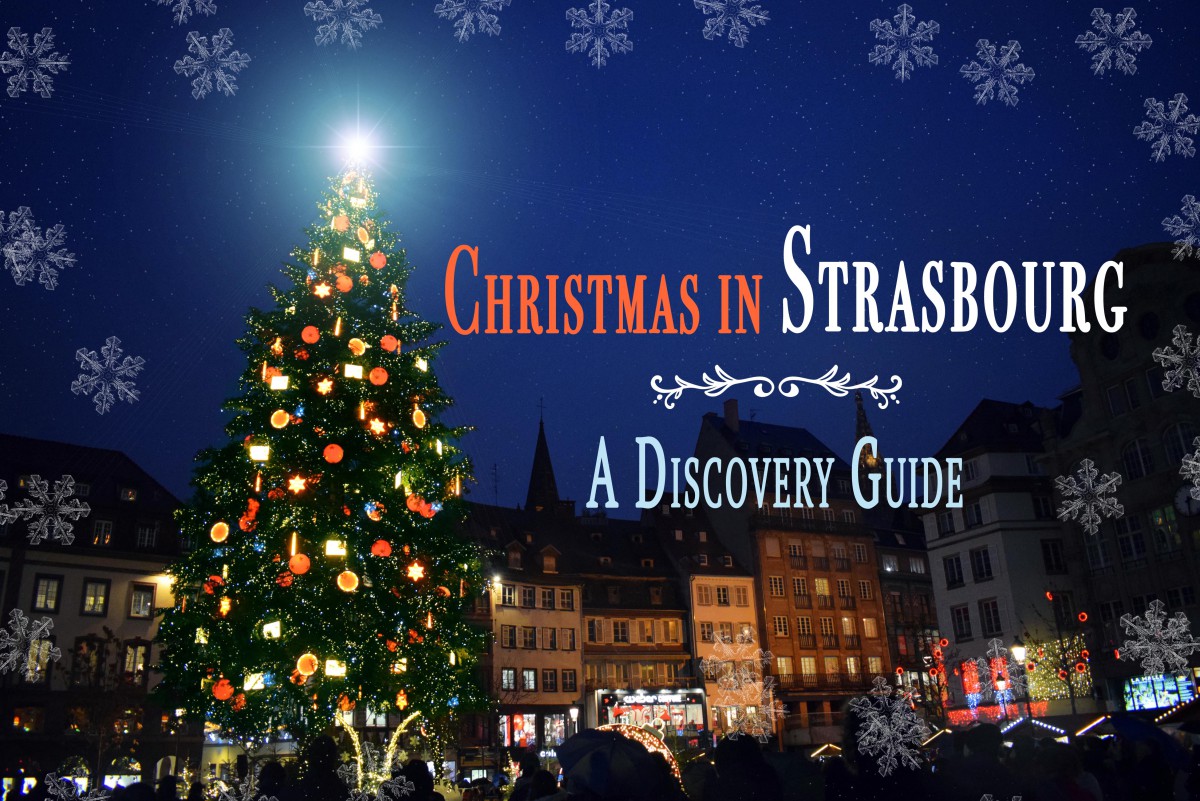
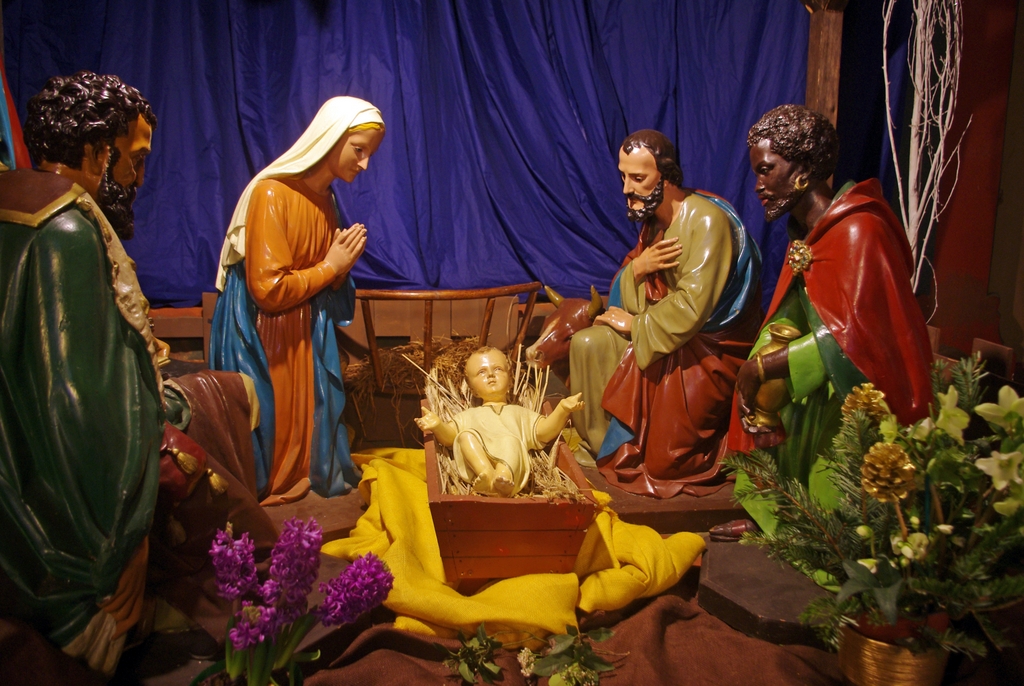

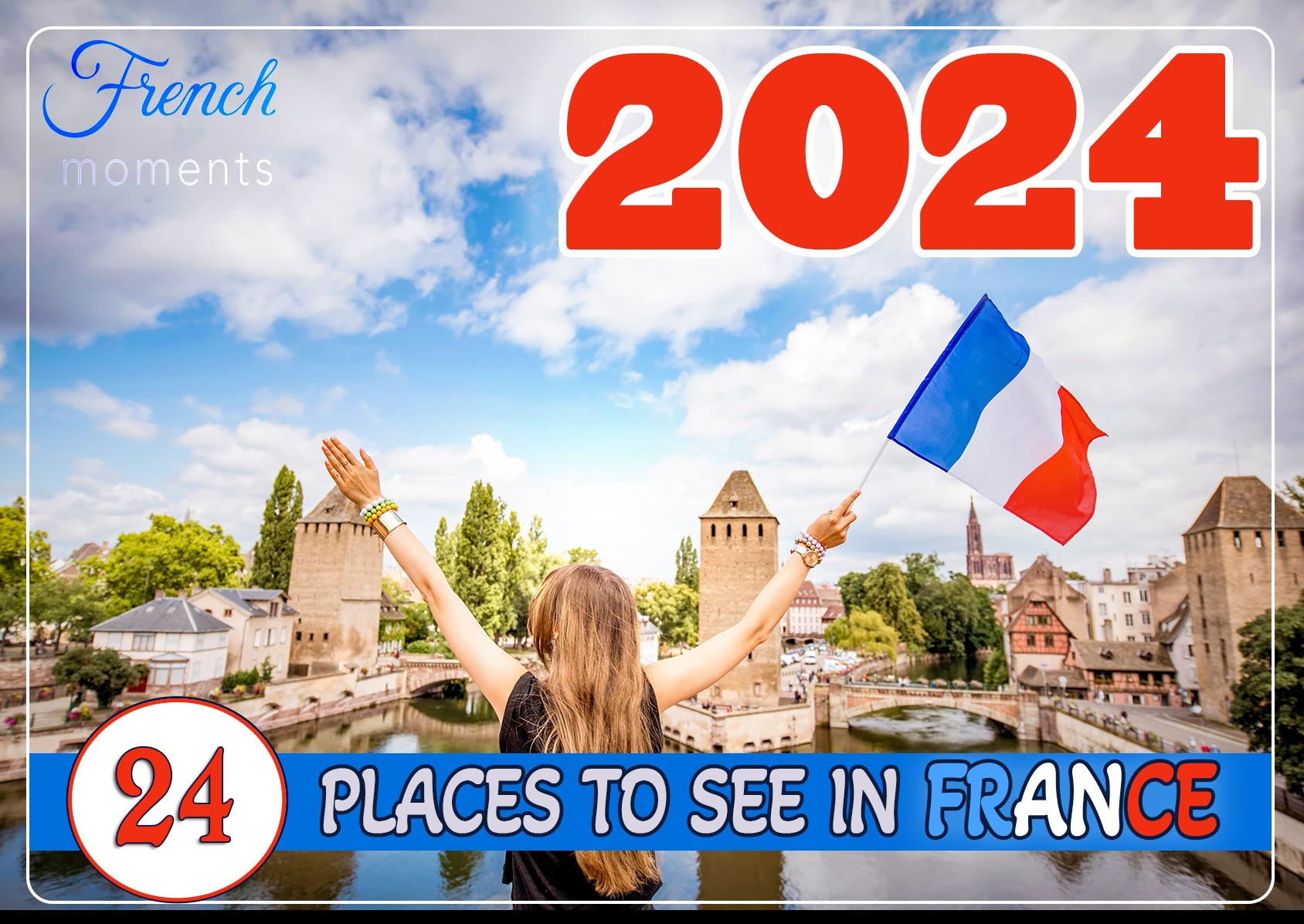
As usual your postings on Paris and France are spot on. Thank you…
Thank you Carl… et bonne année ! 🙂
Thank you again for educating us on French traditions. Bonne Année to you and your family; I can't wait to see what your articles have in store for us in 2023!
Avec plaisir, merci beaucoup Ellen ! Et bonne année 2023 !